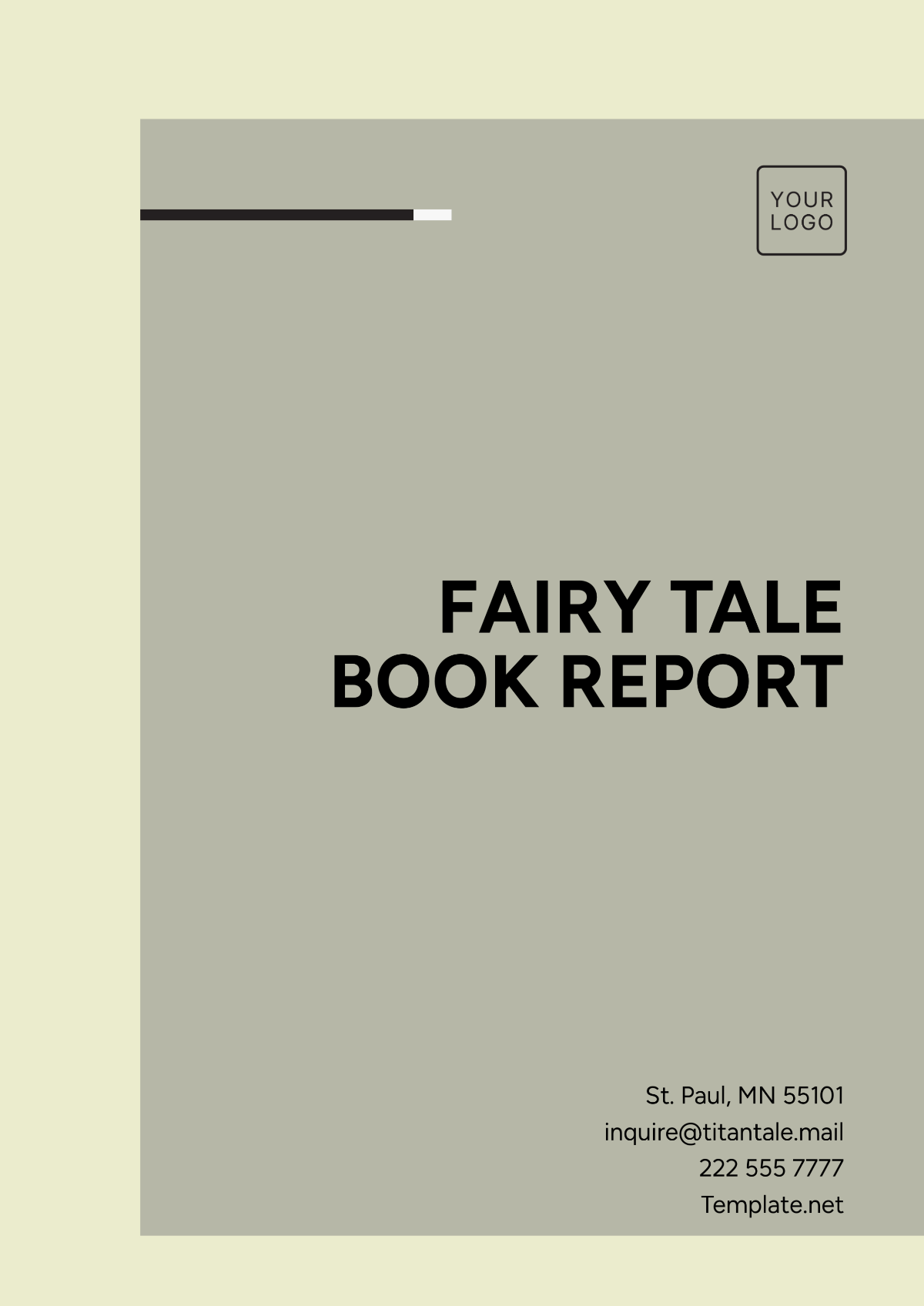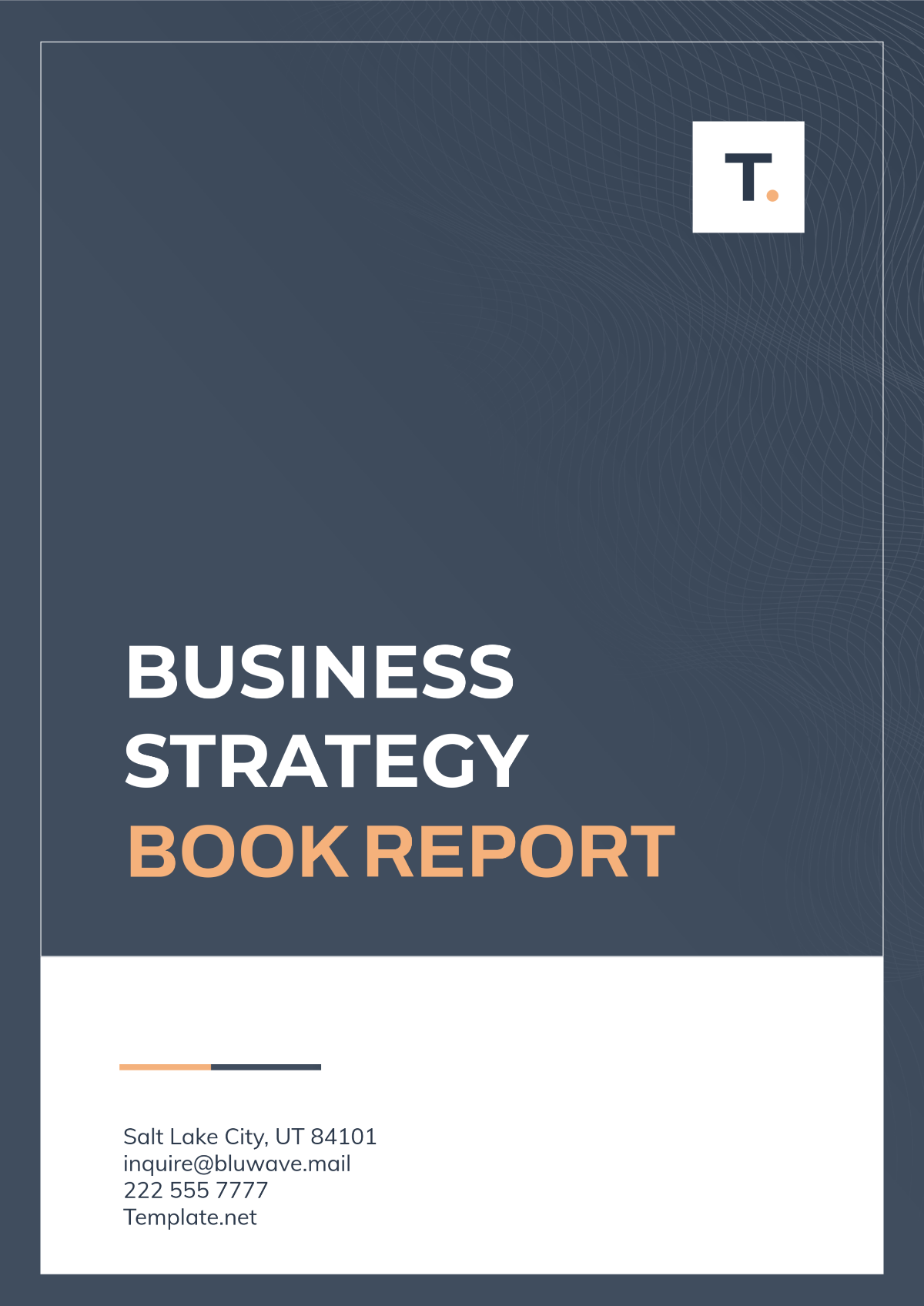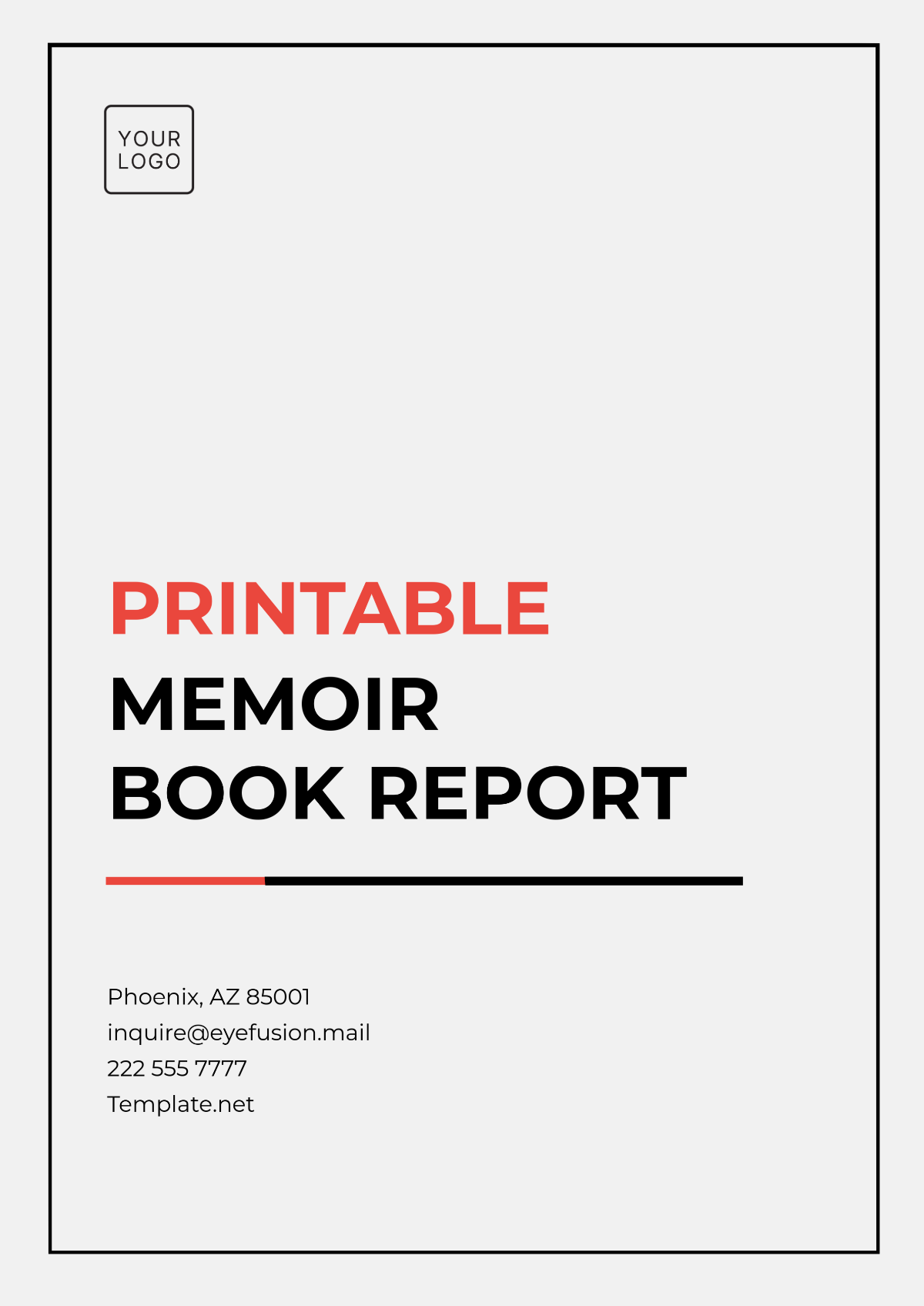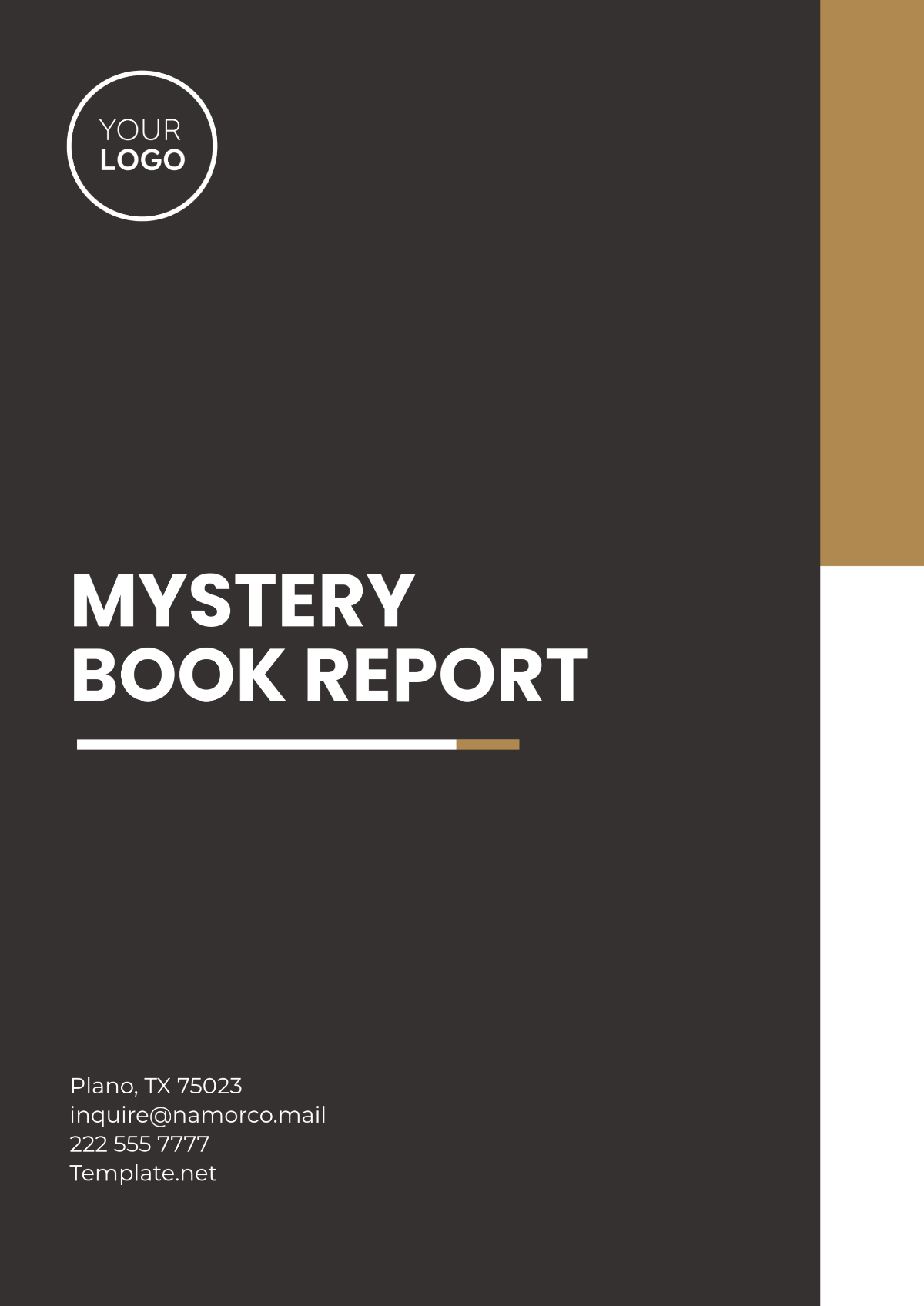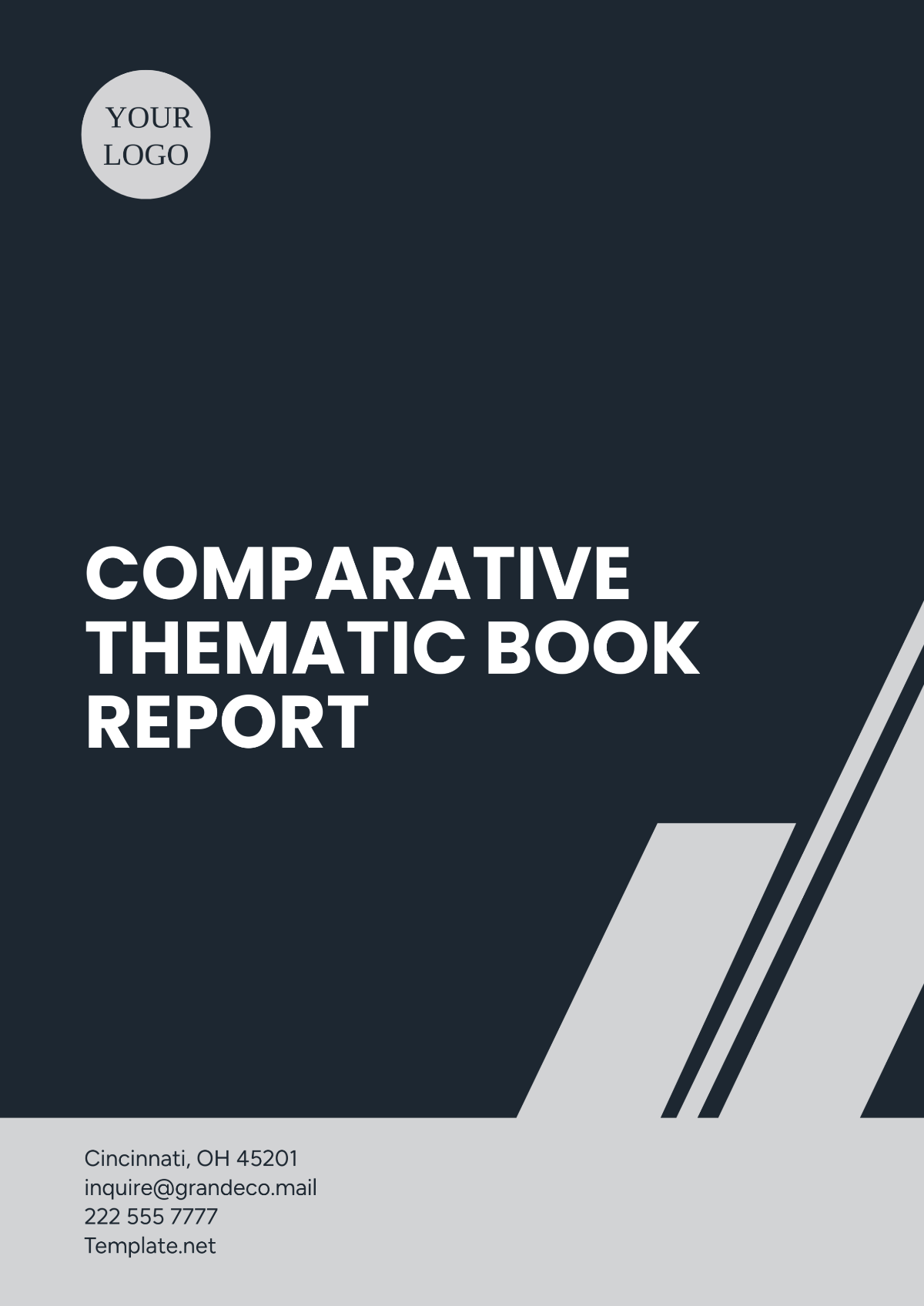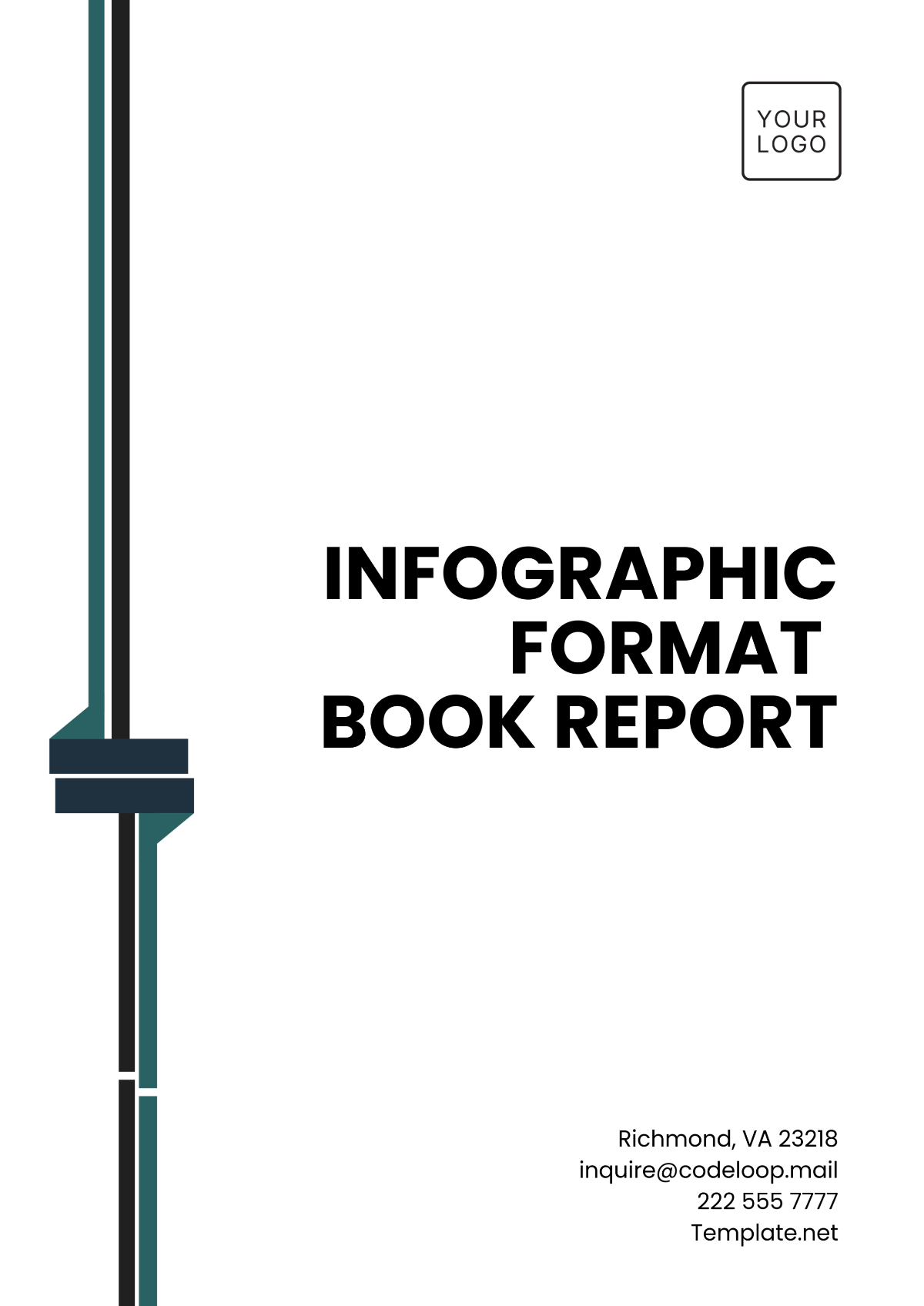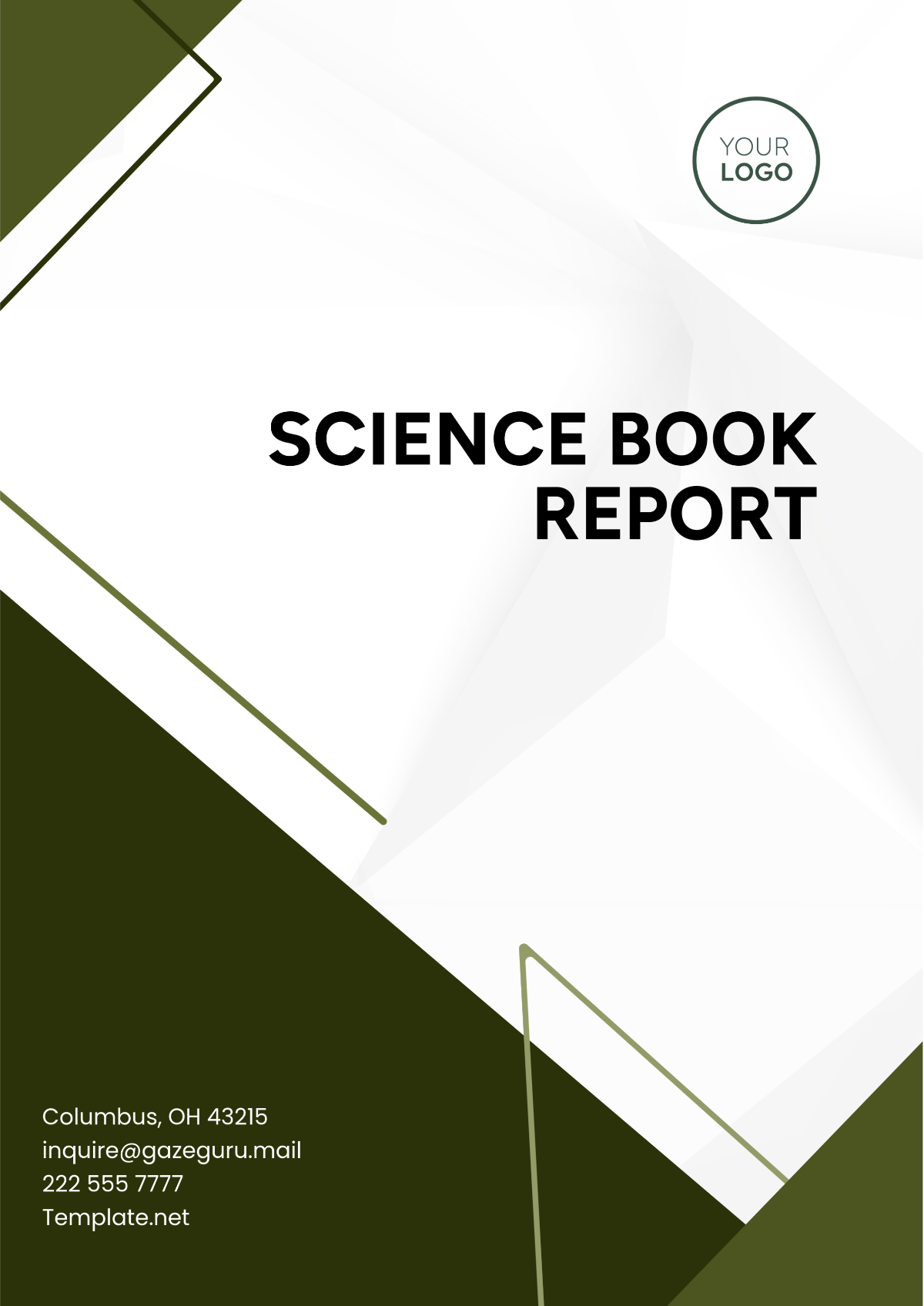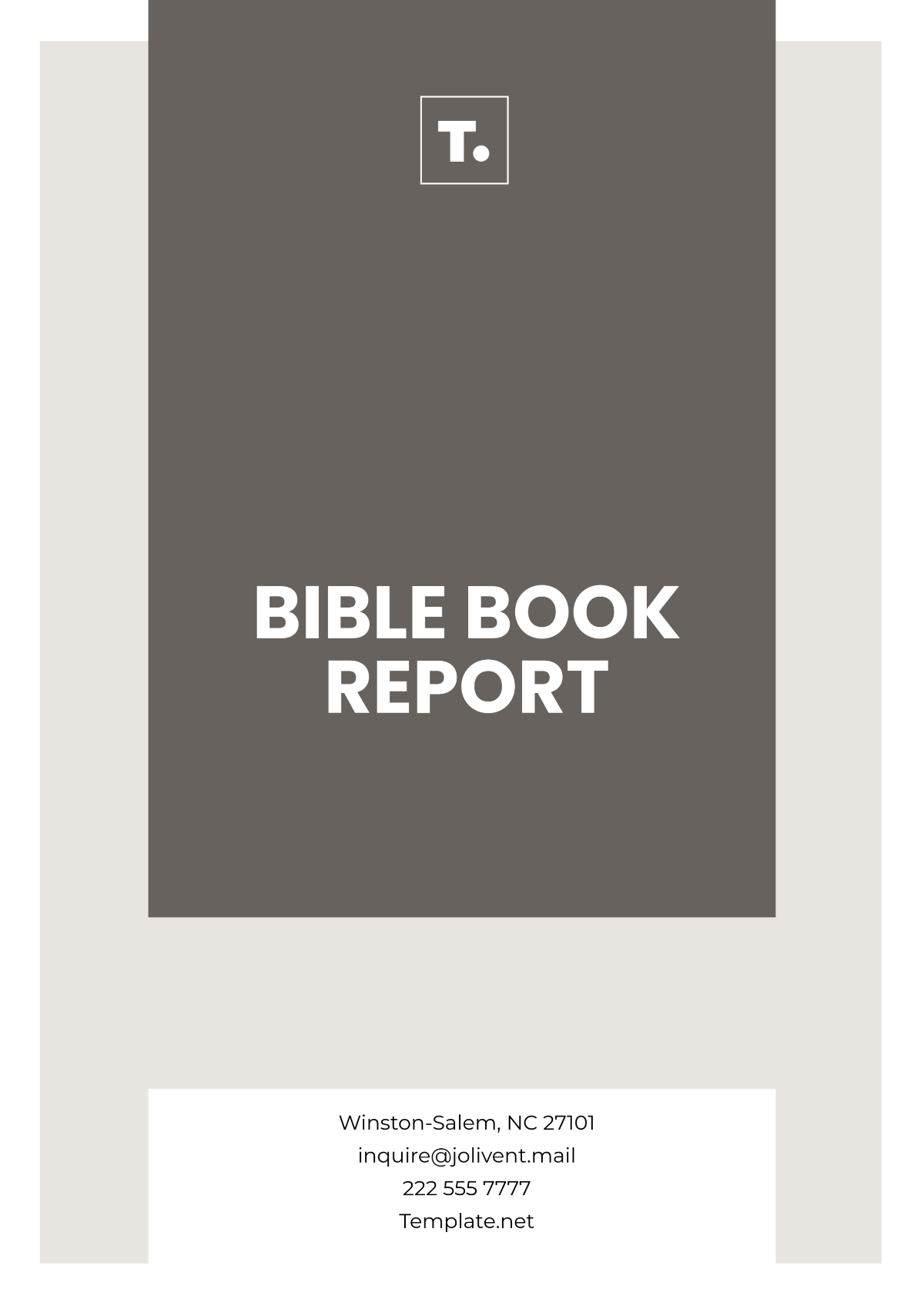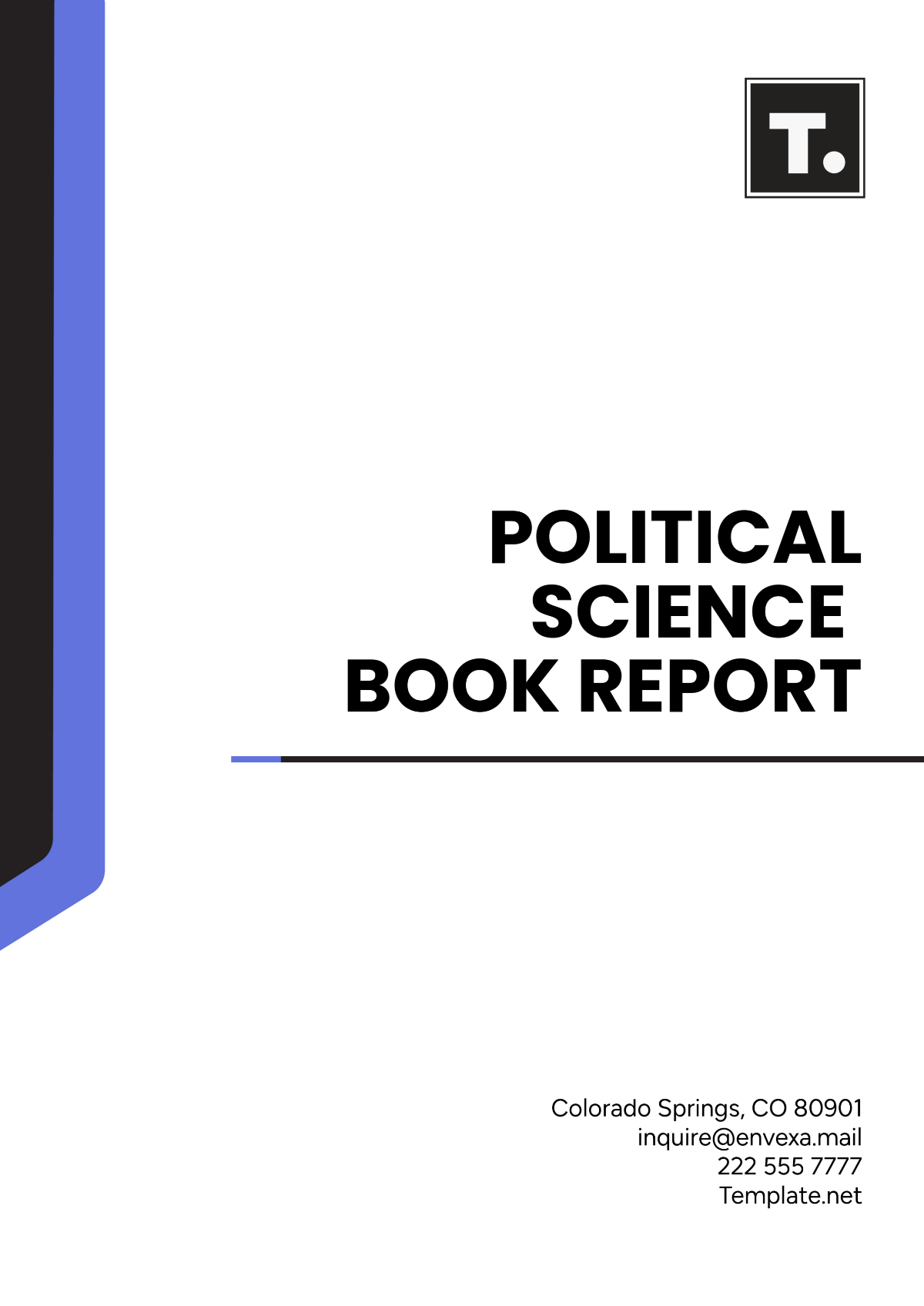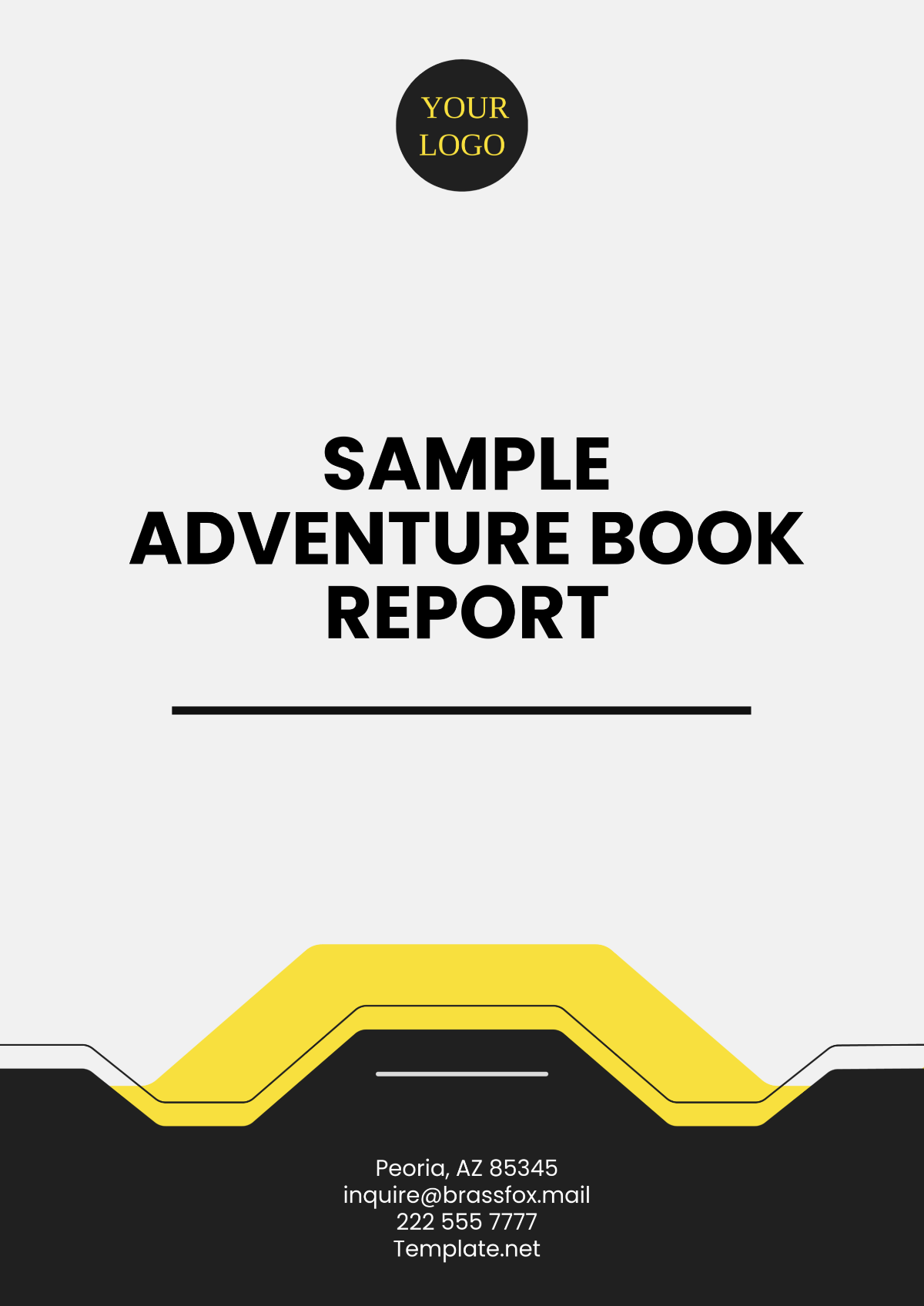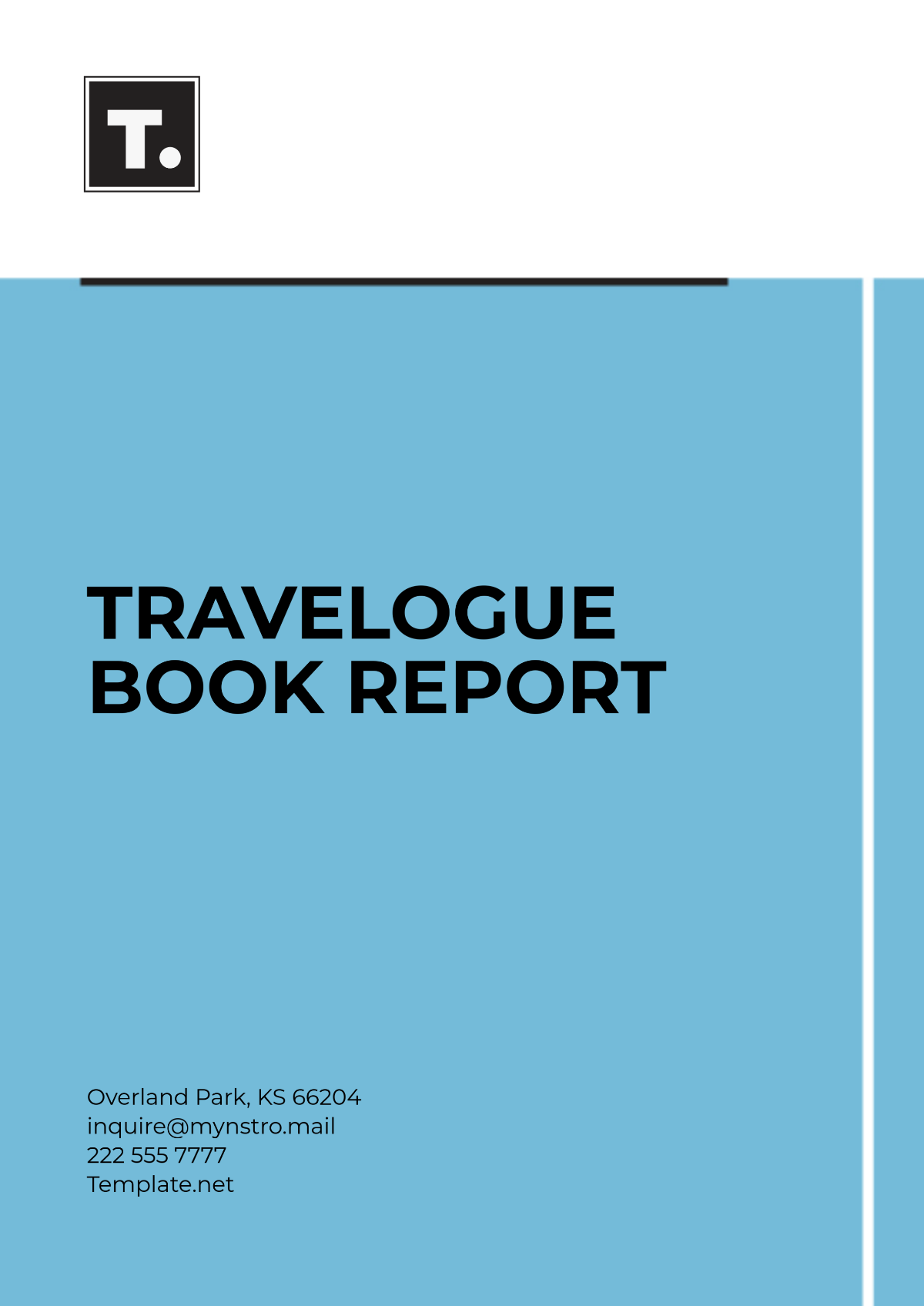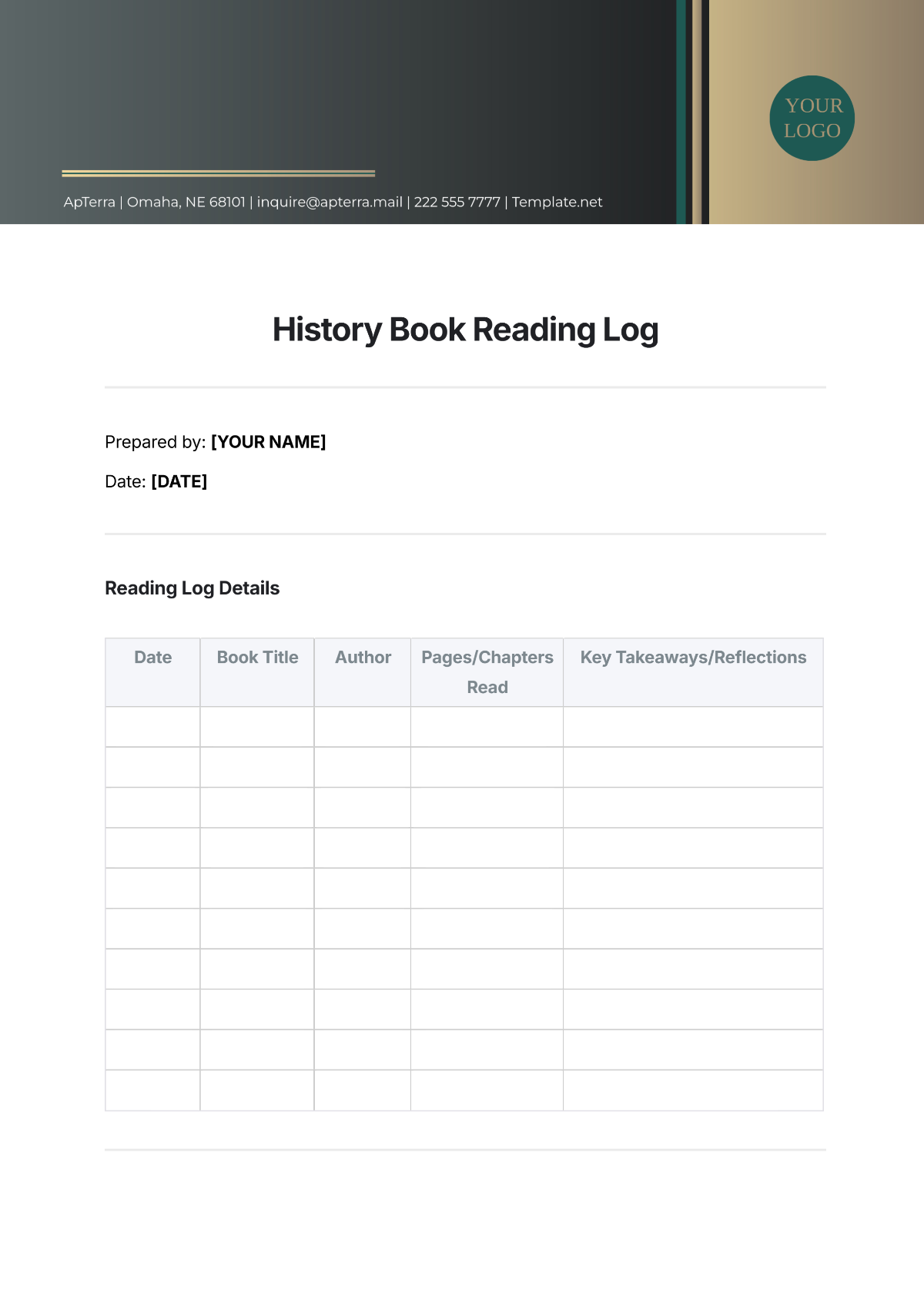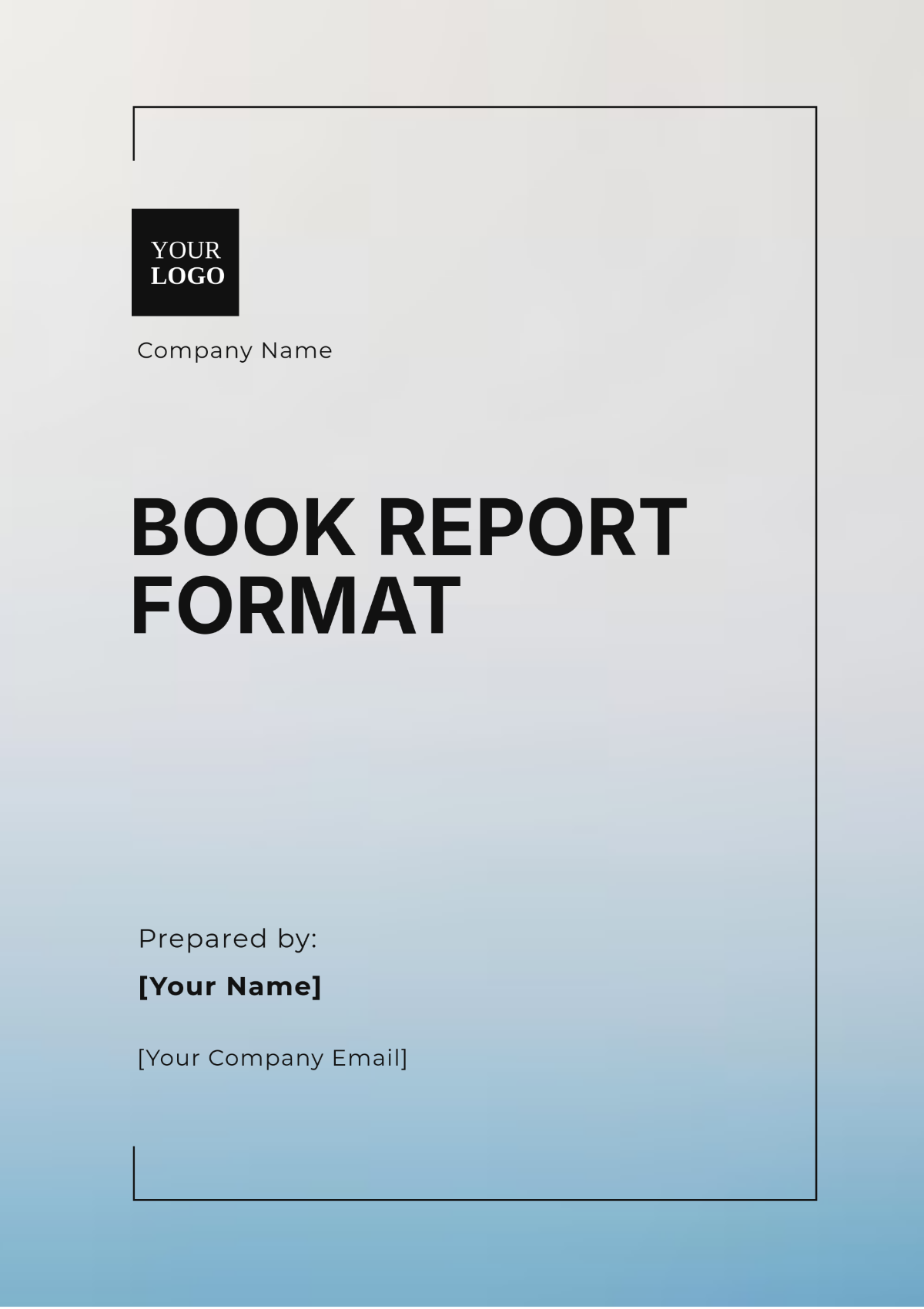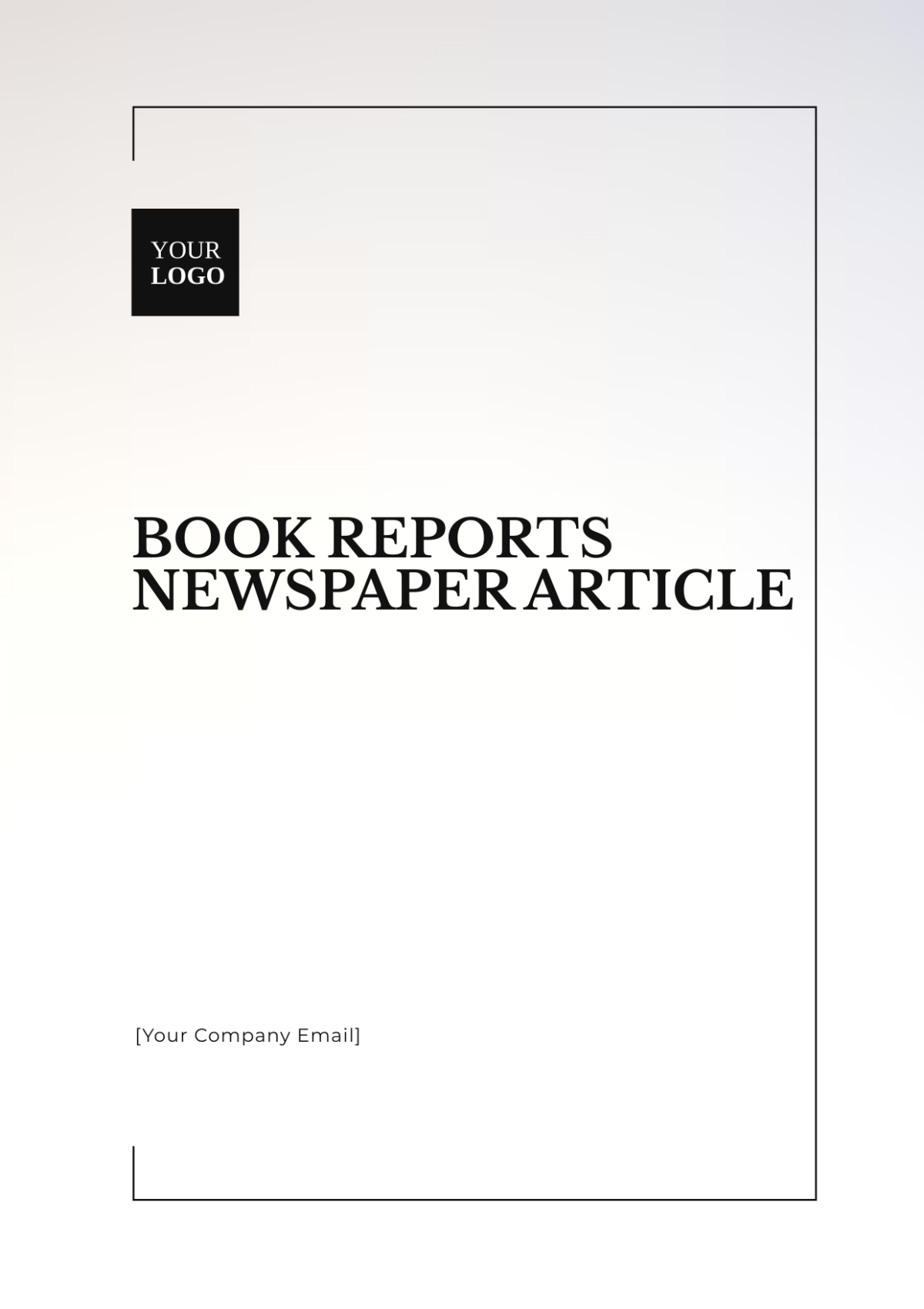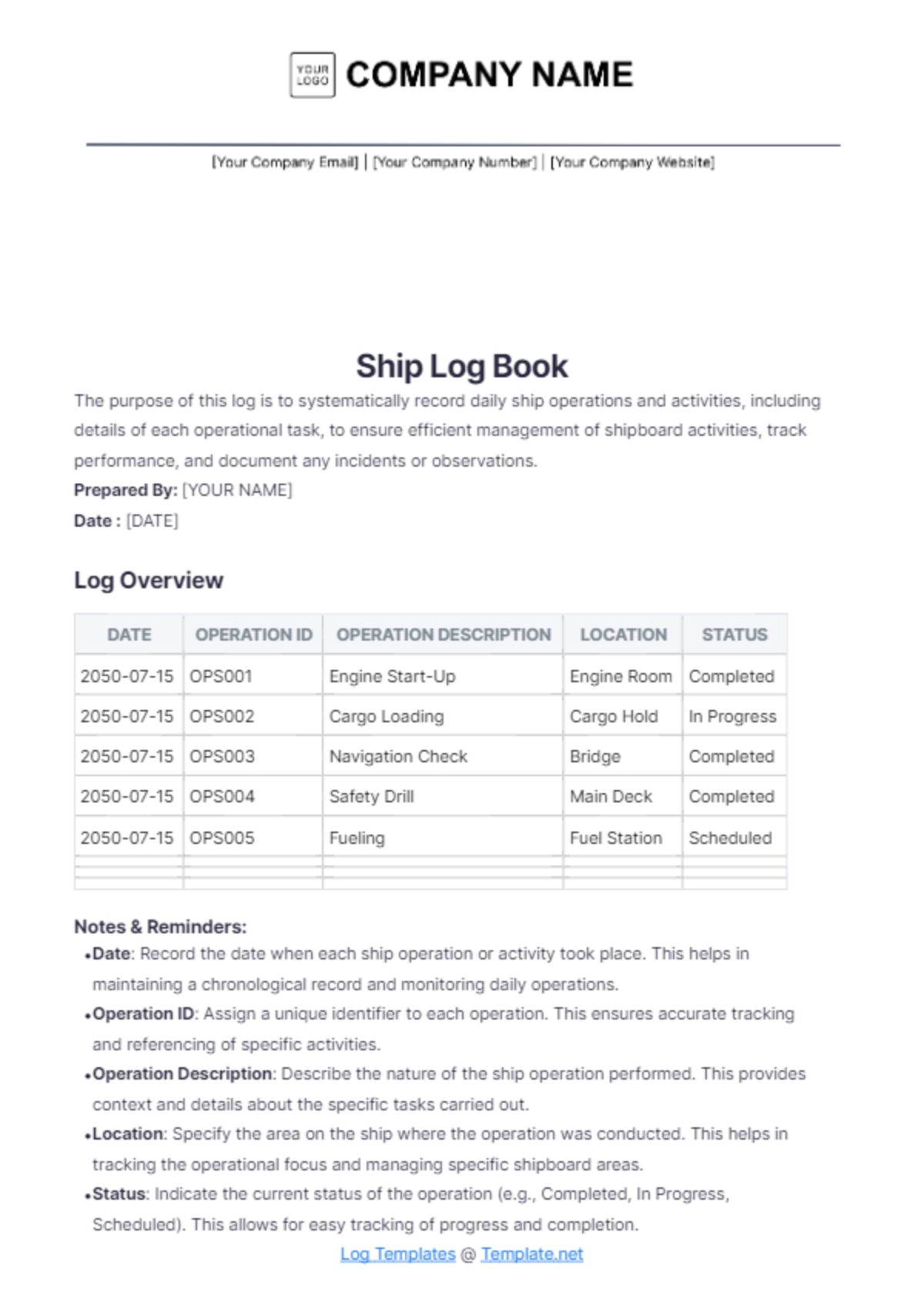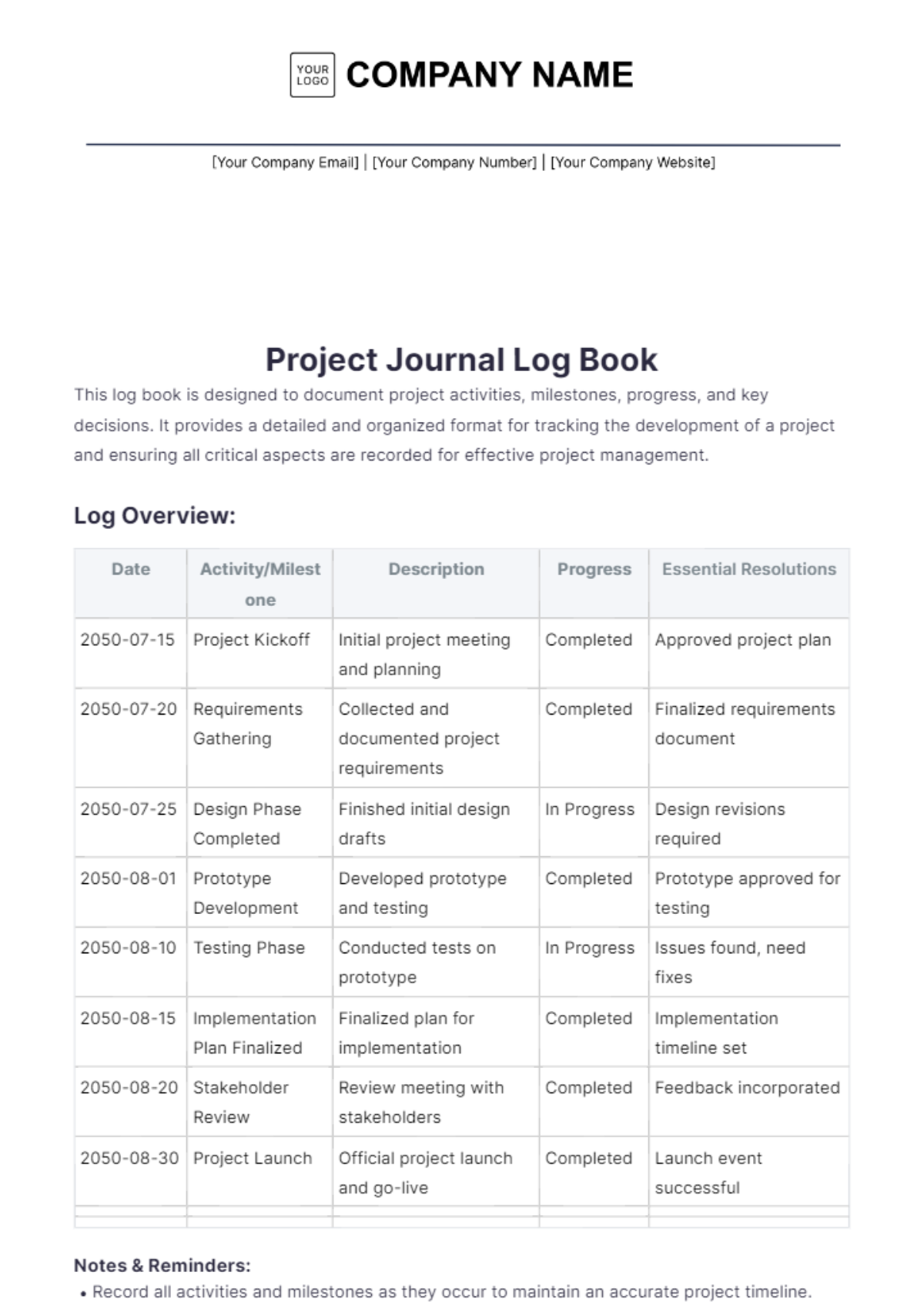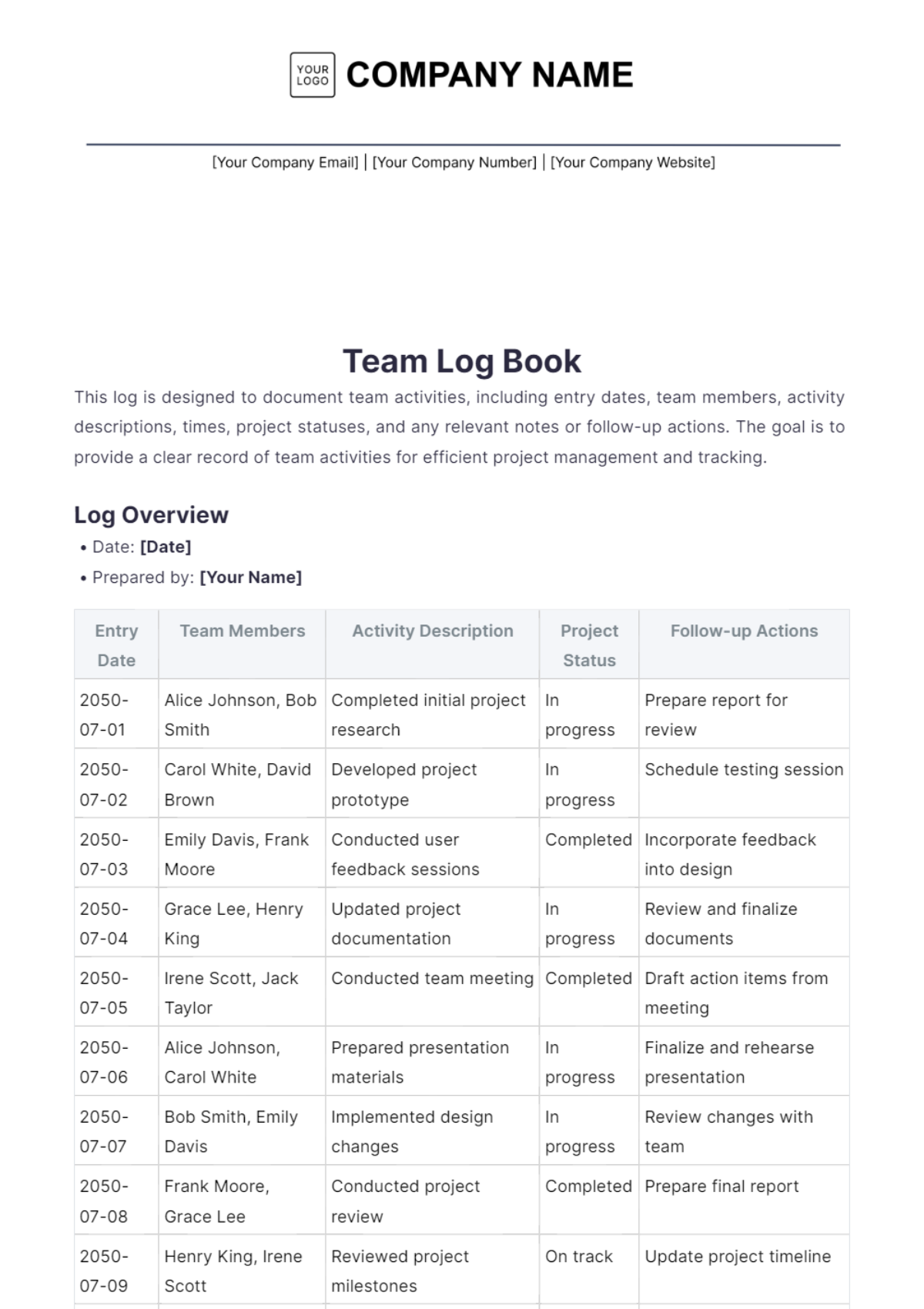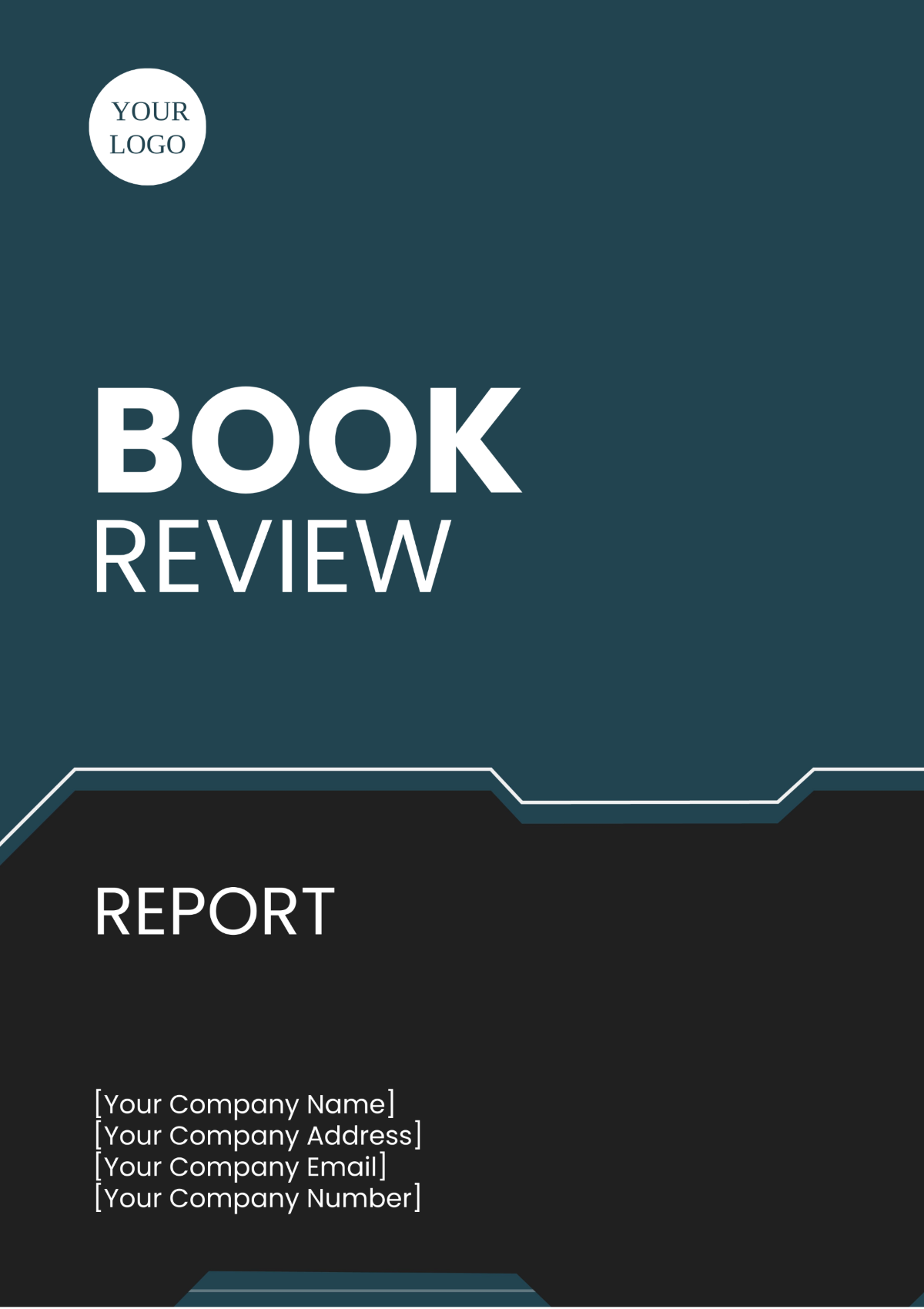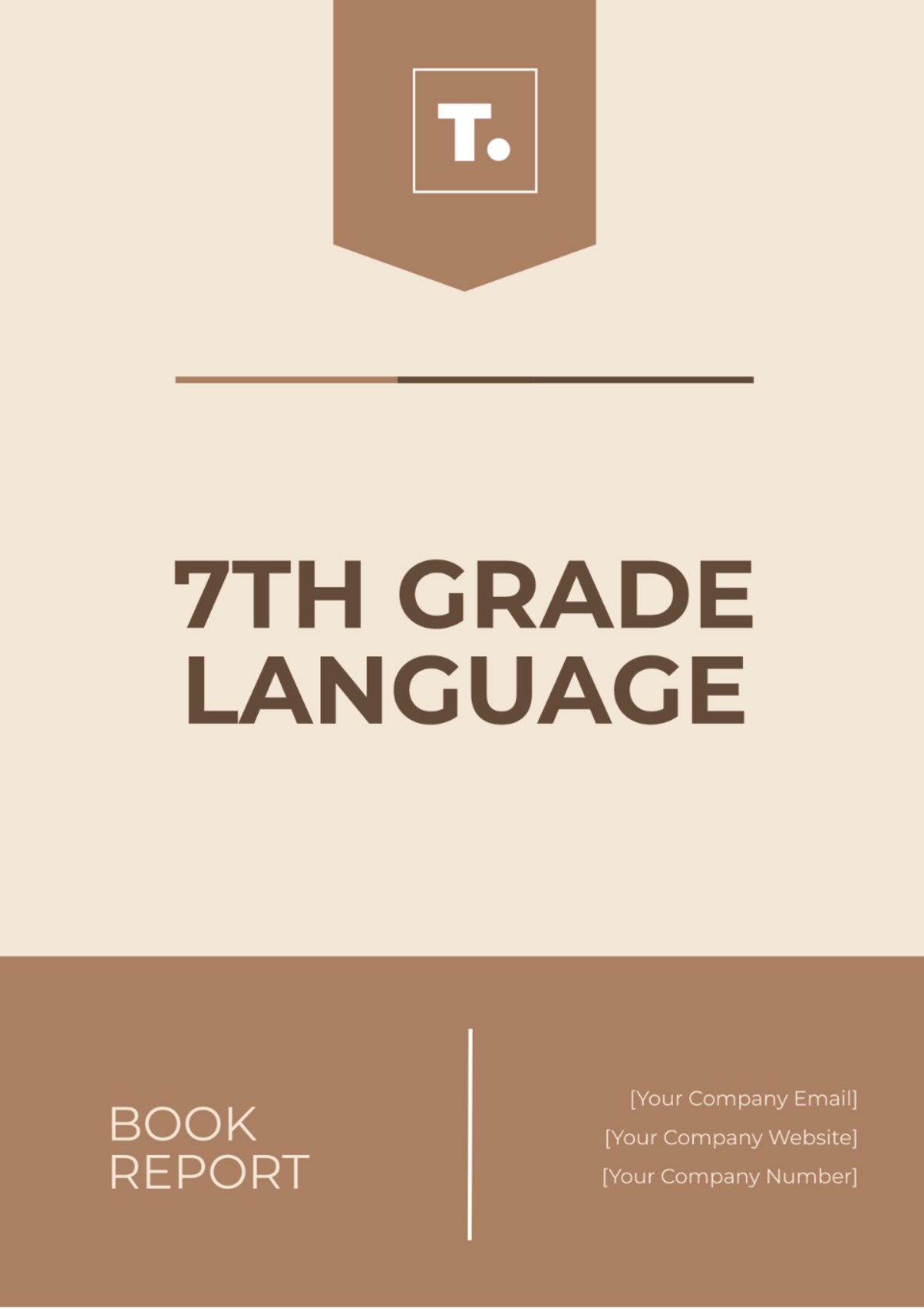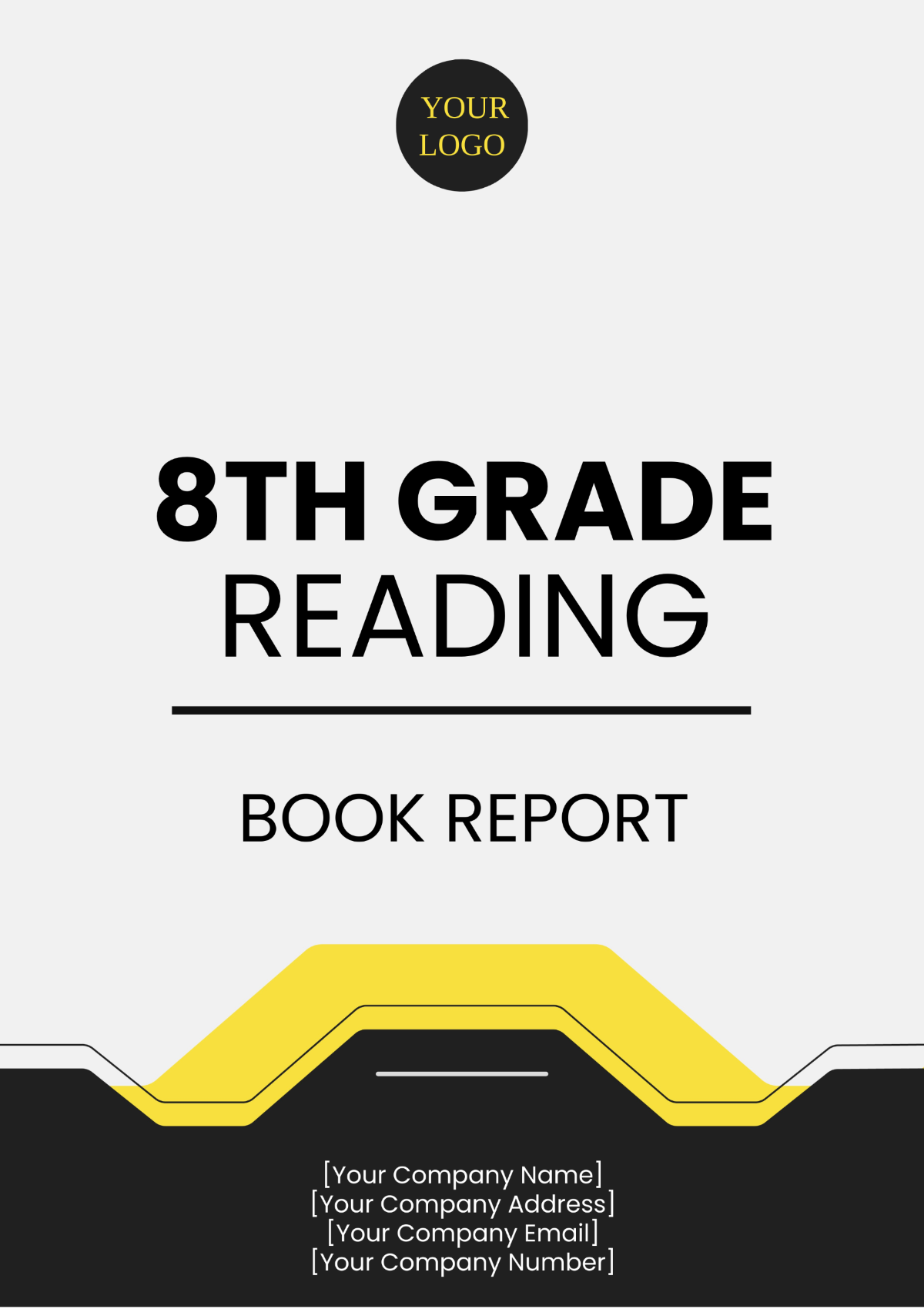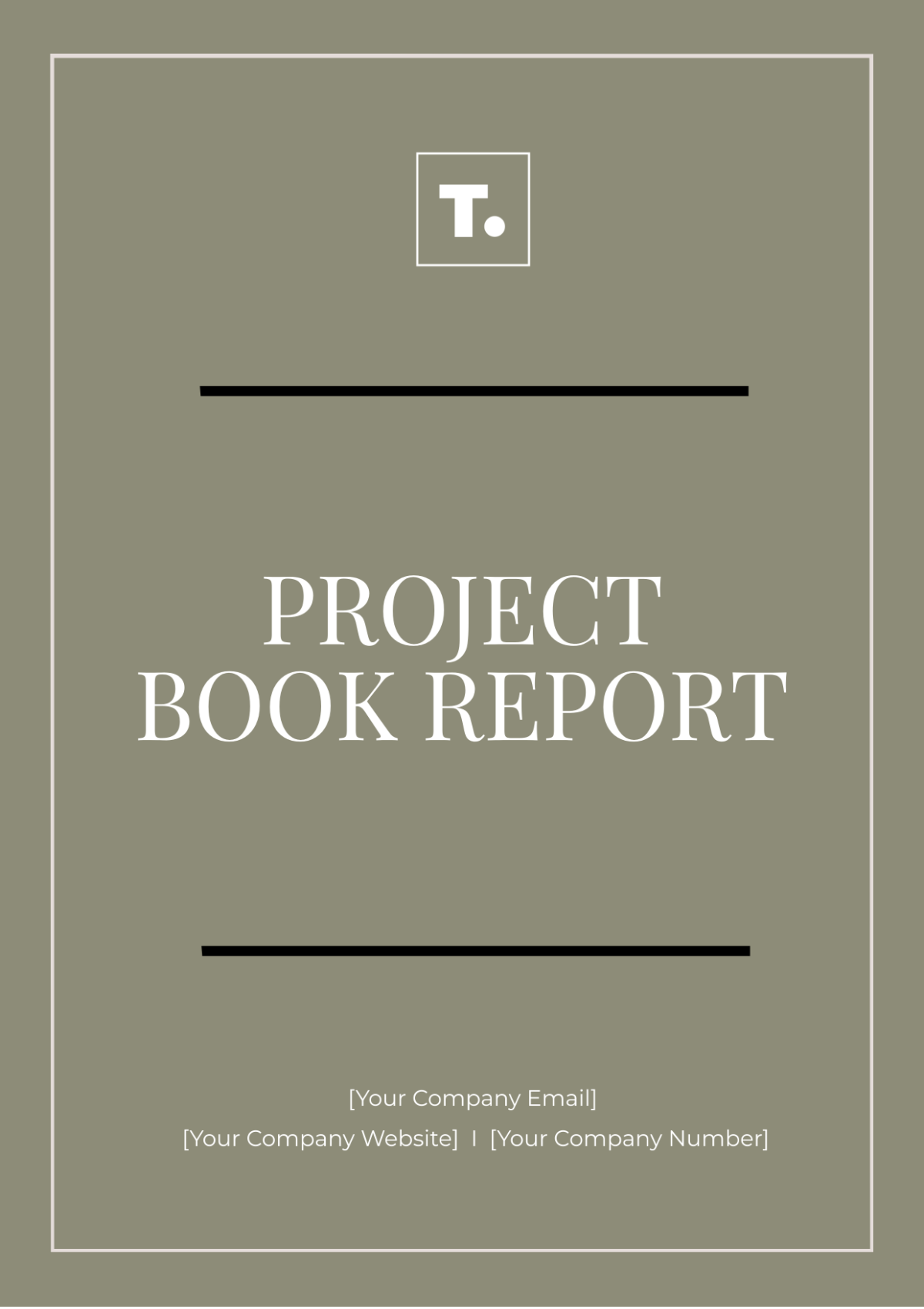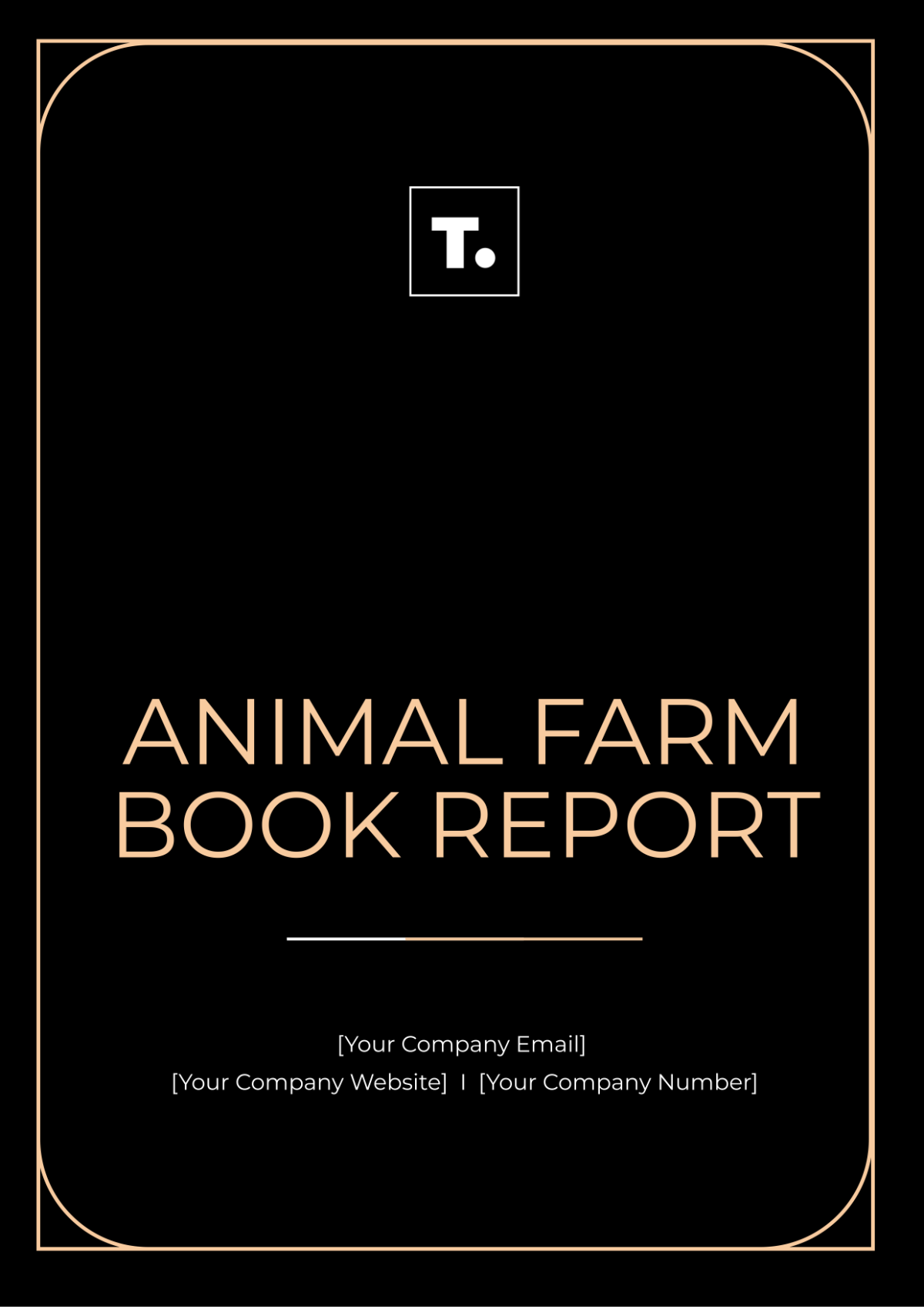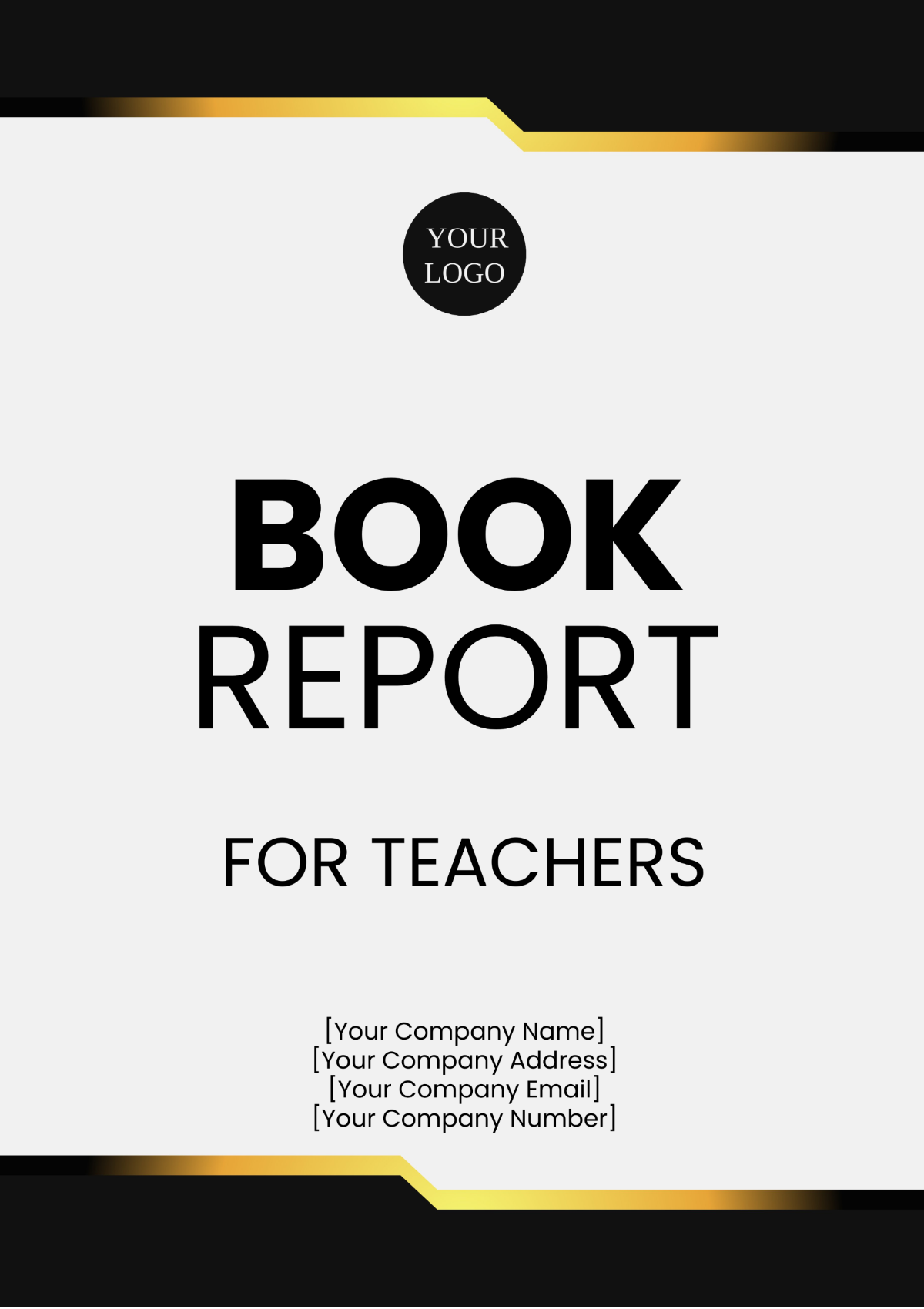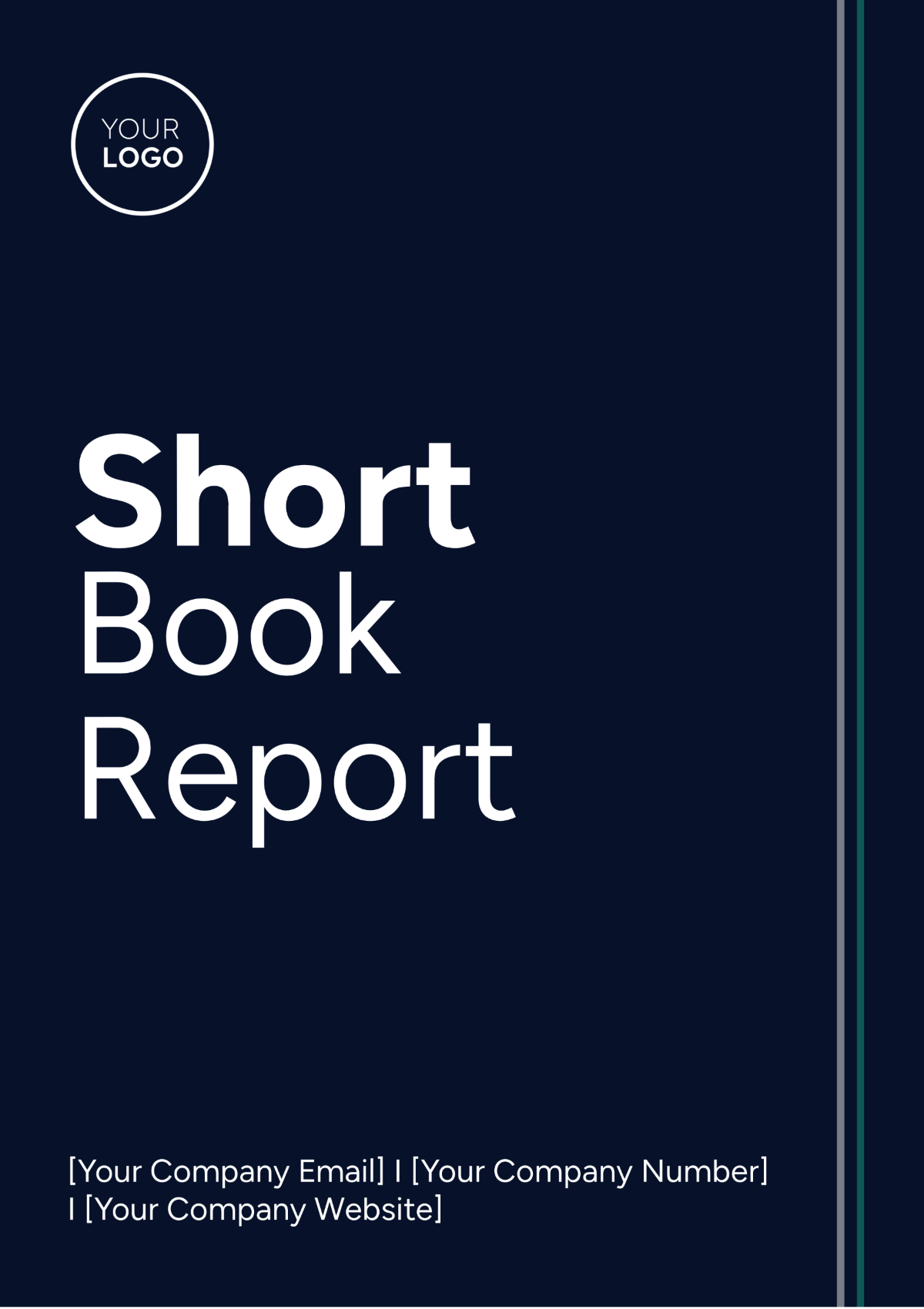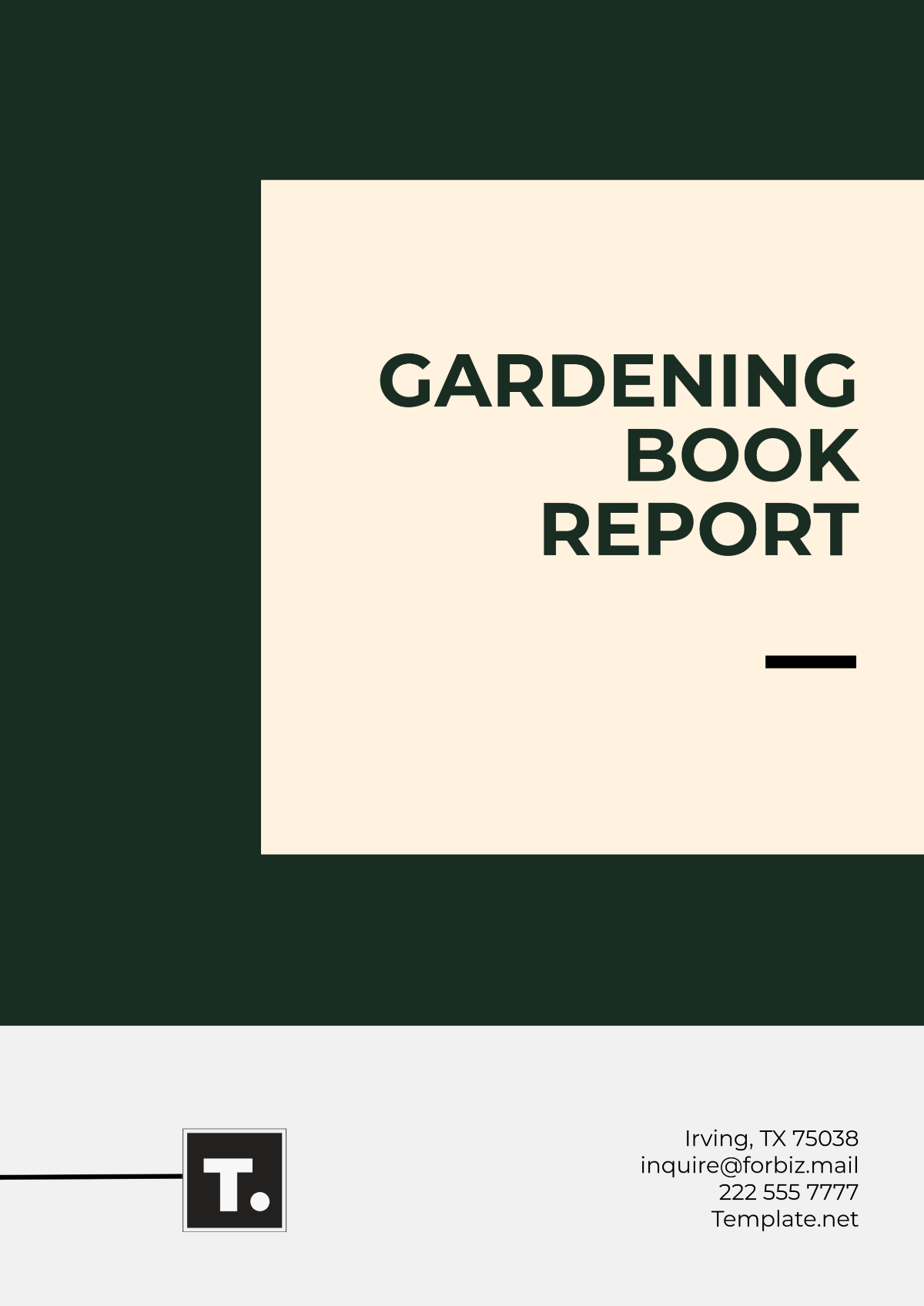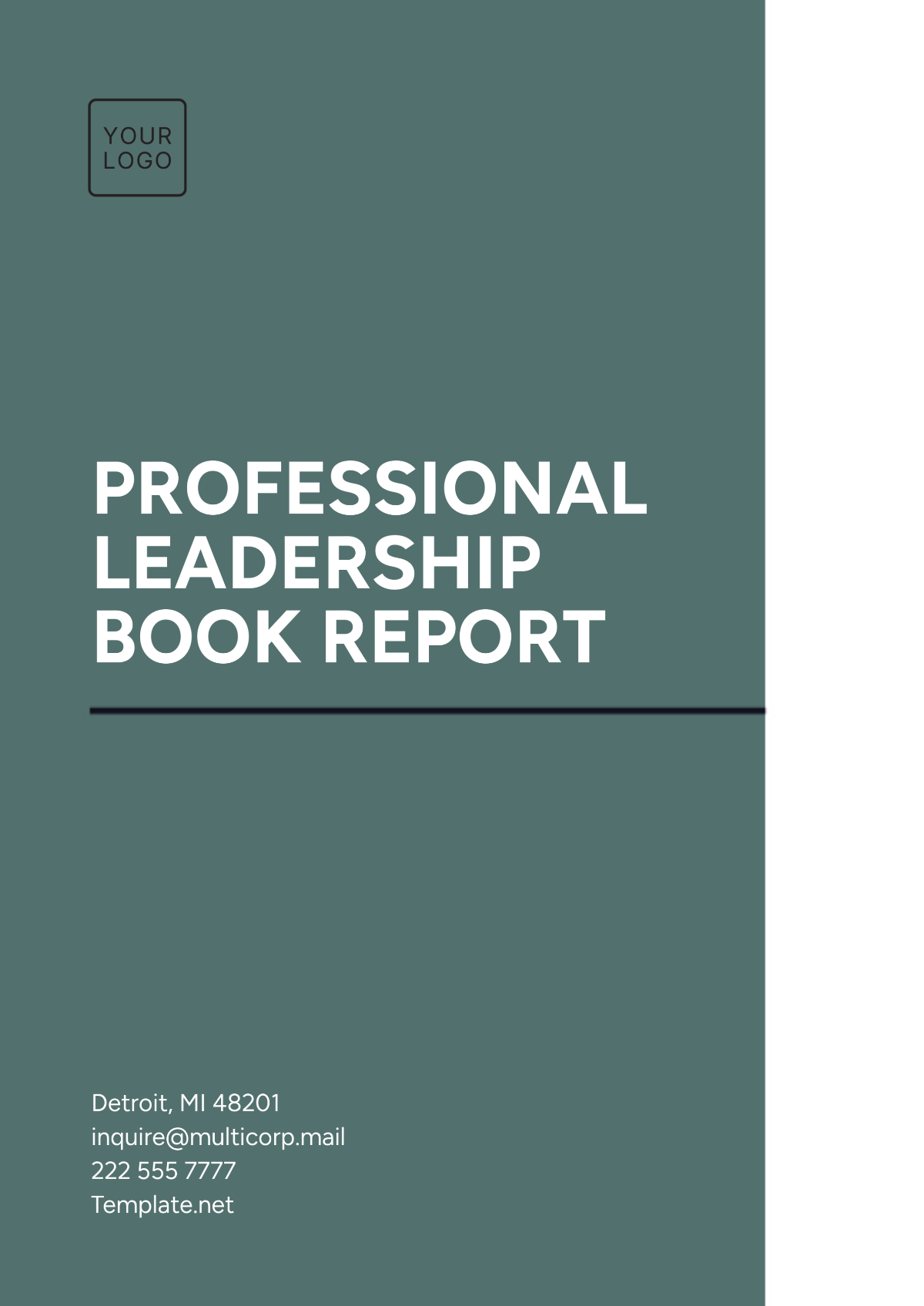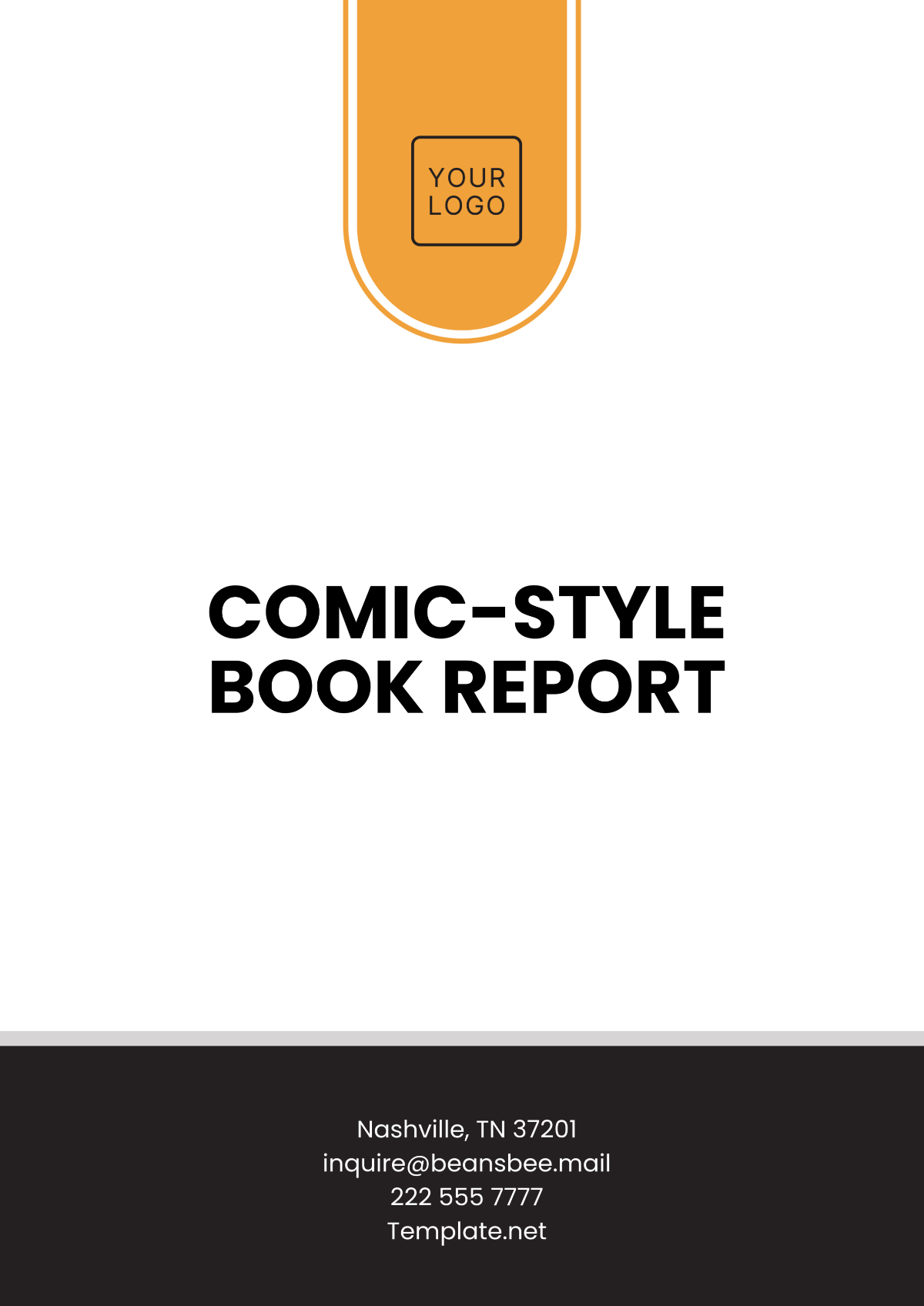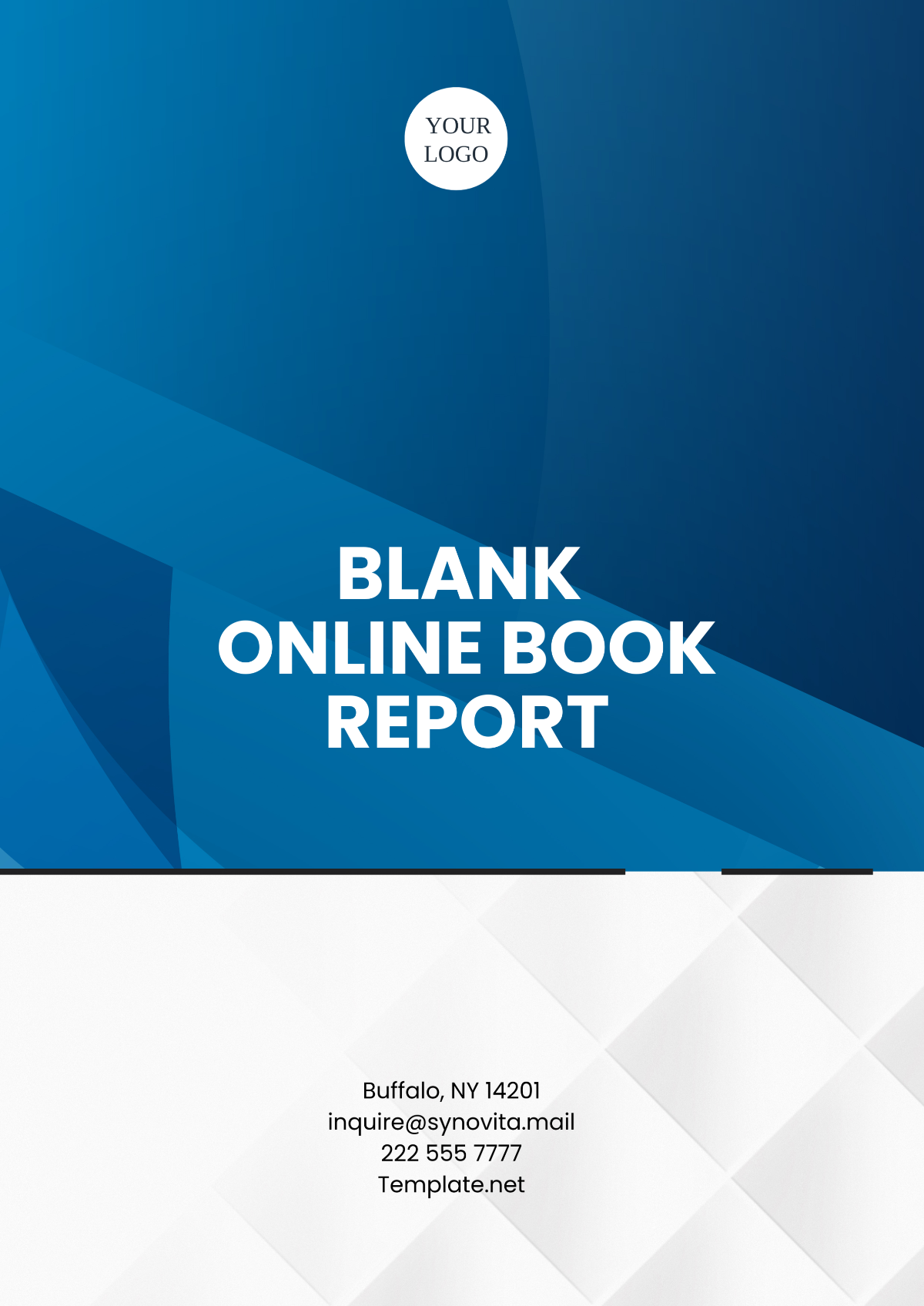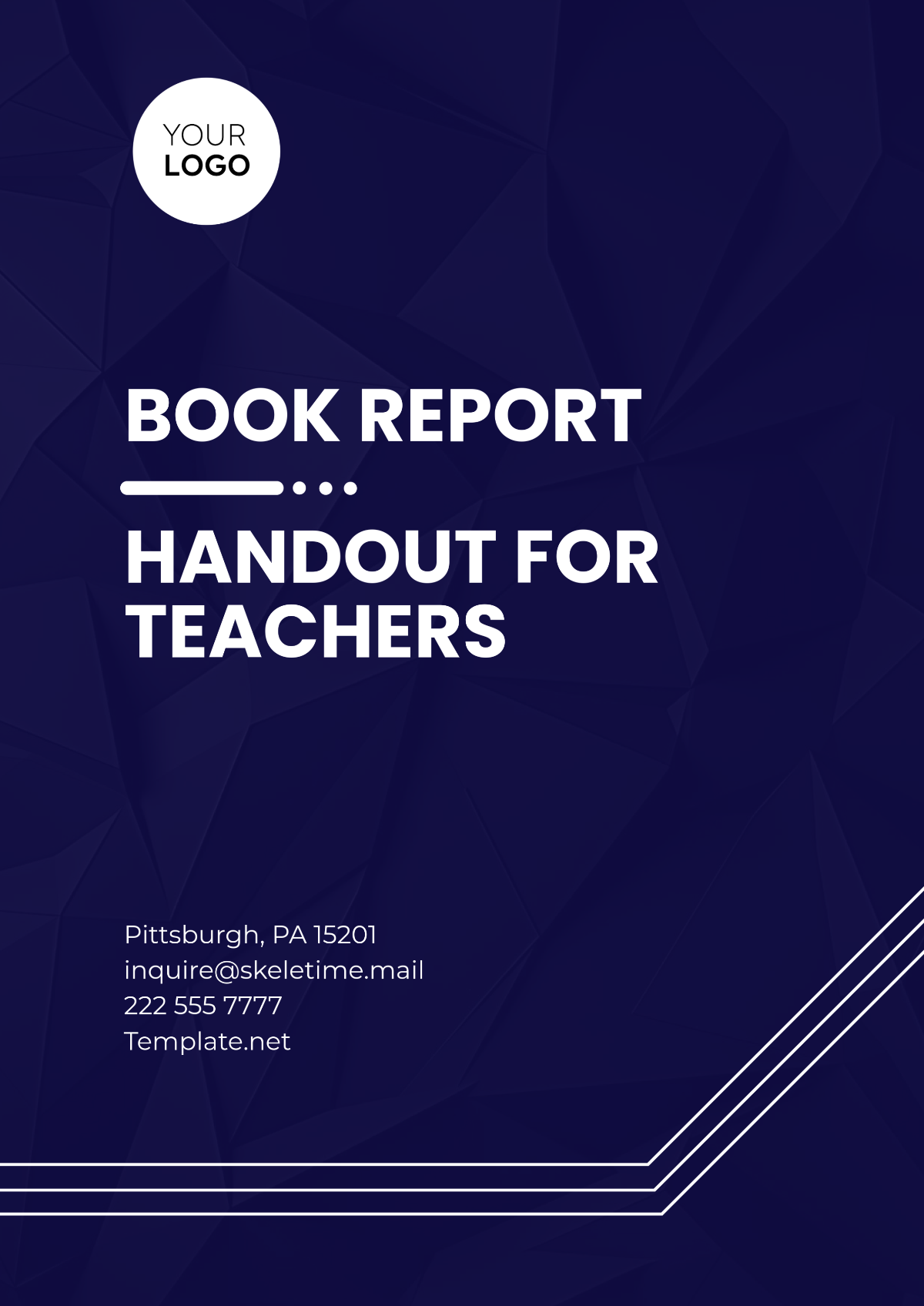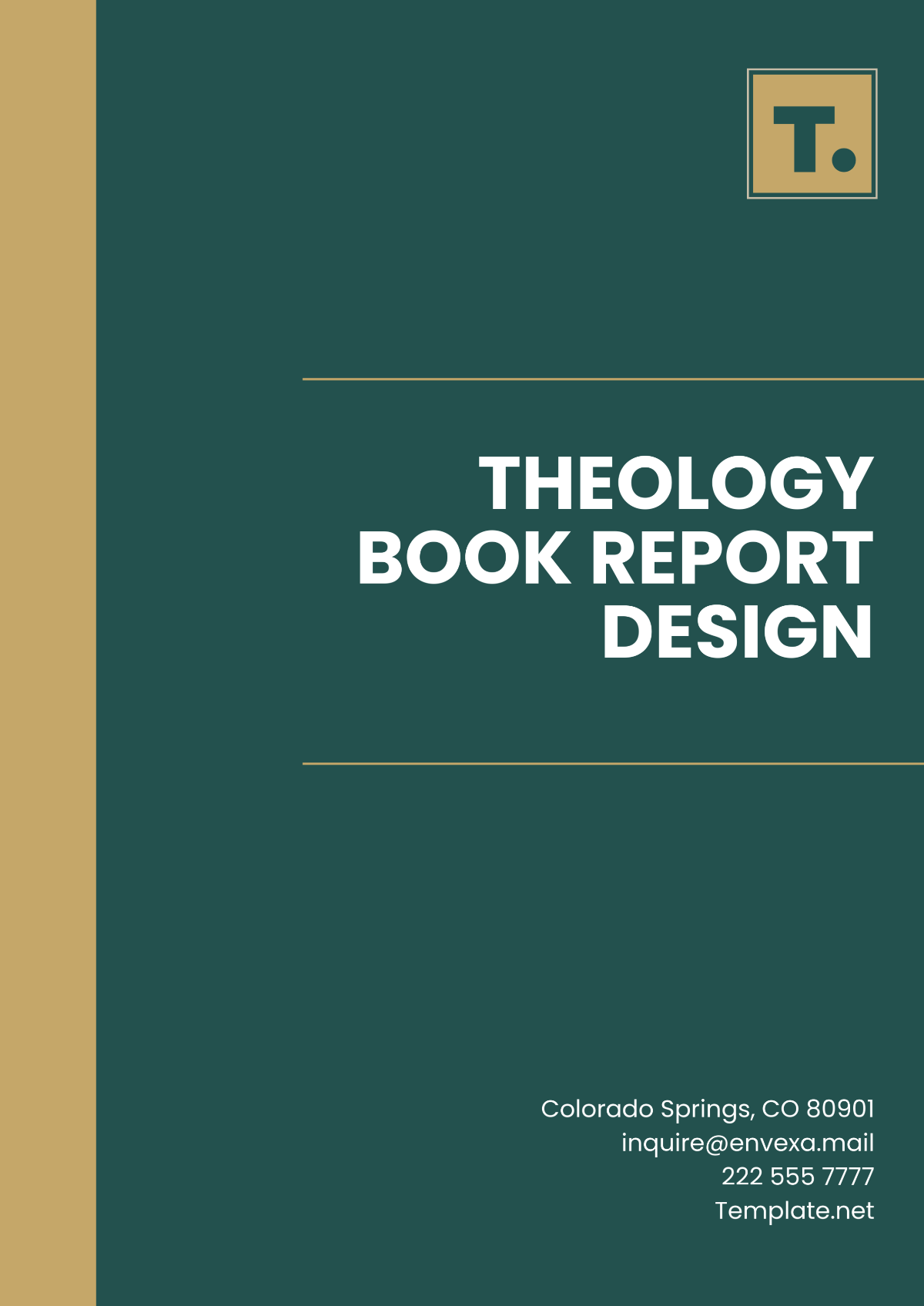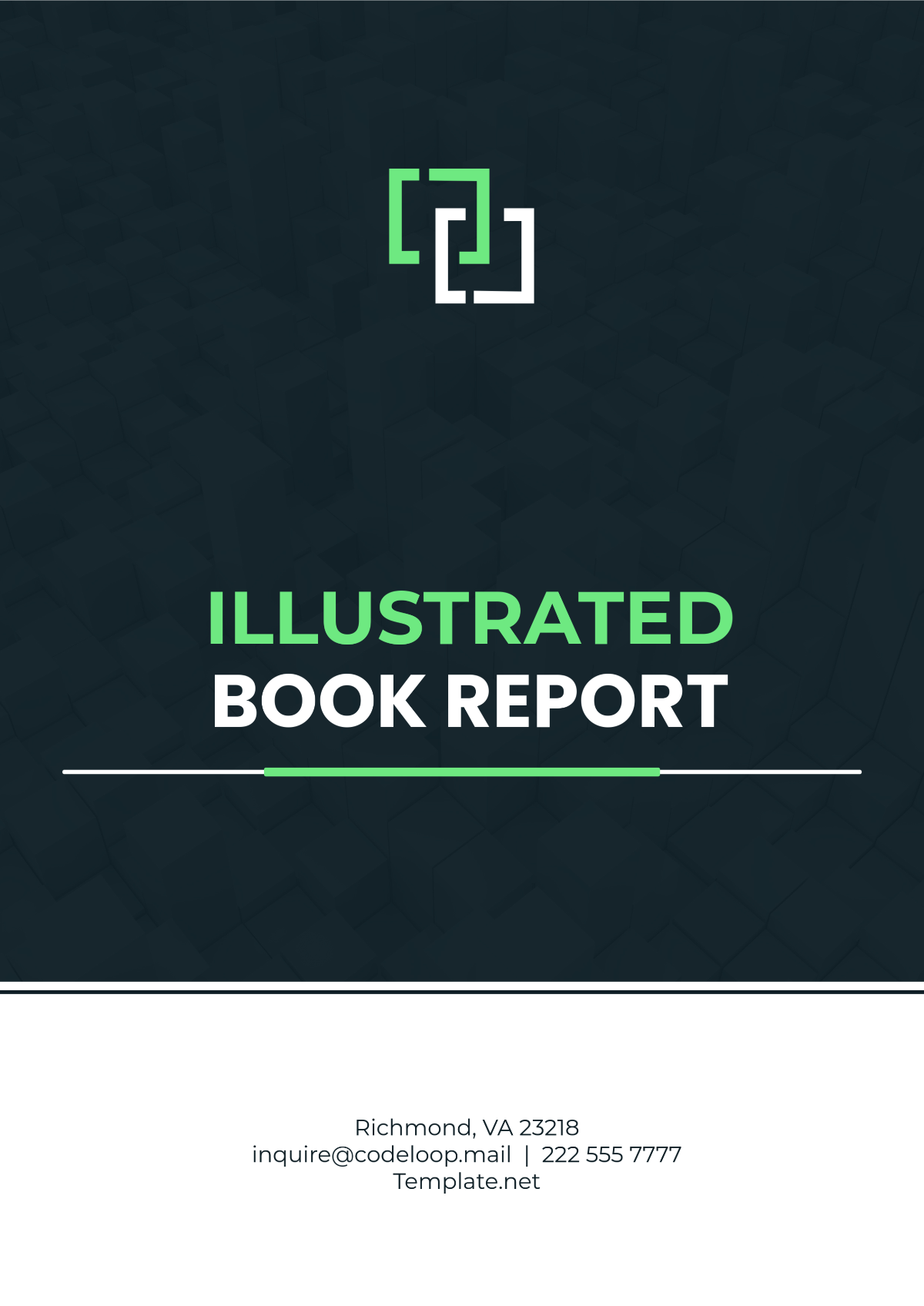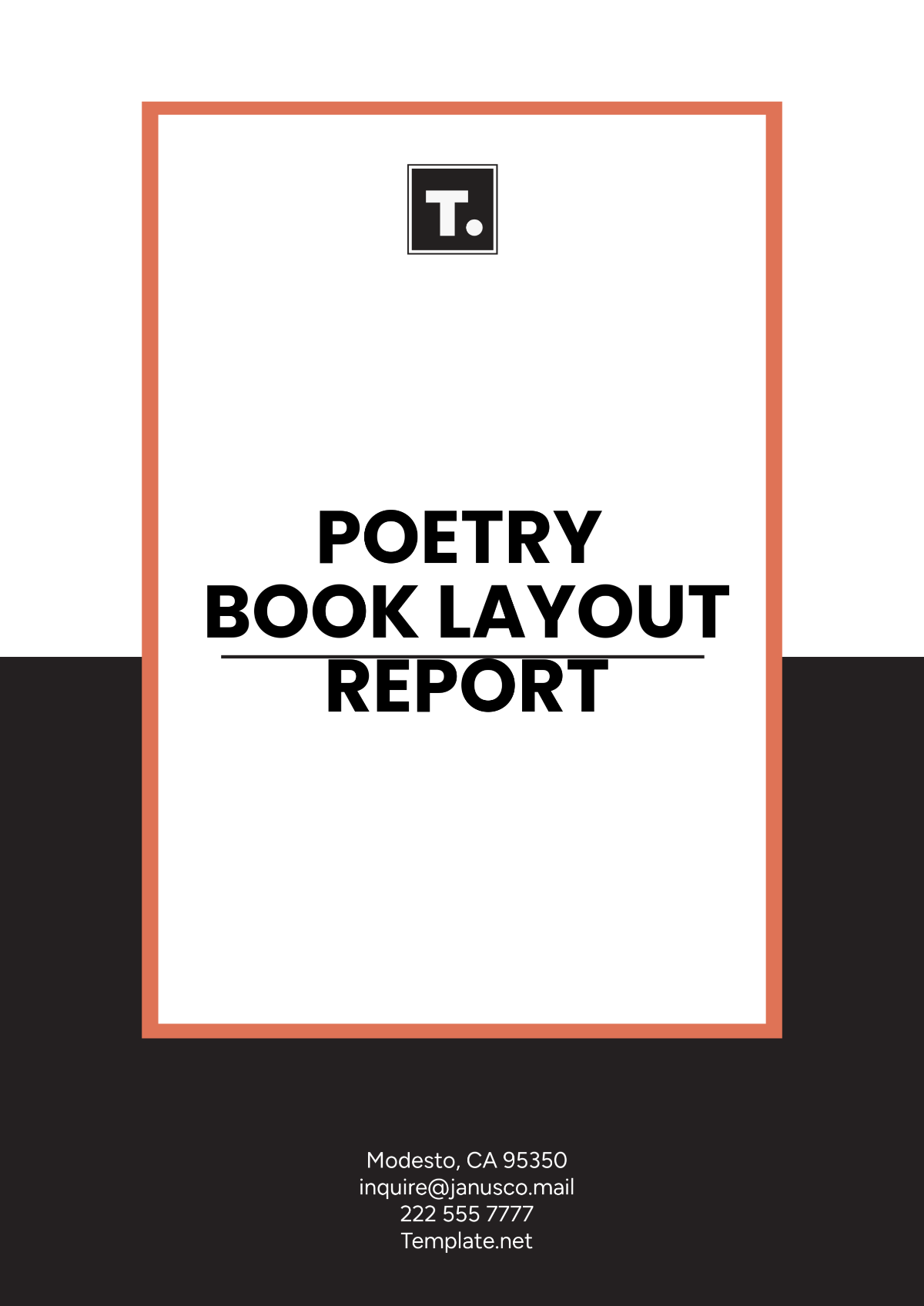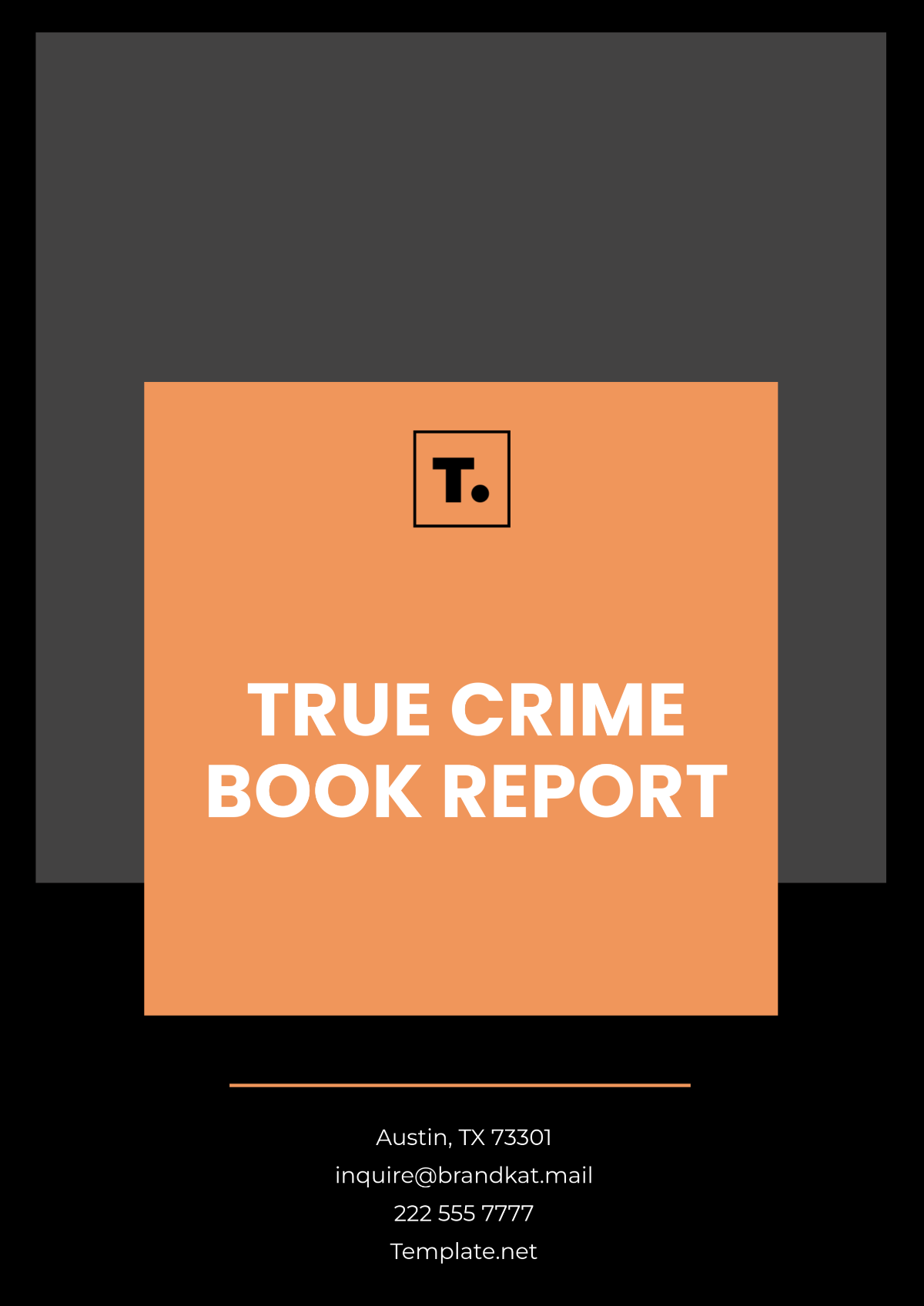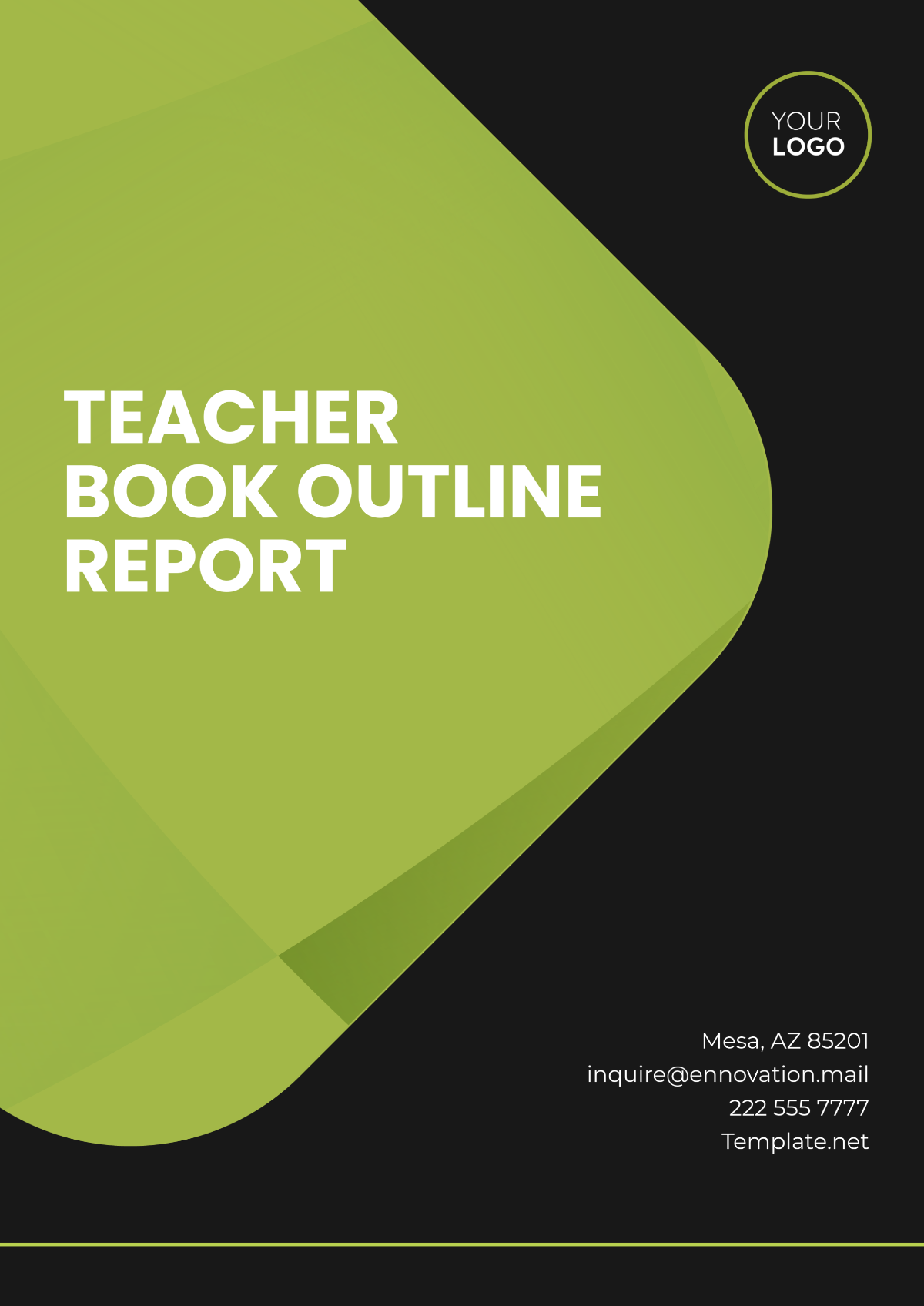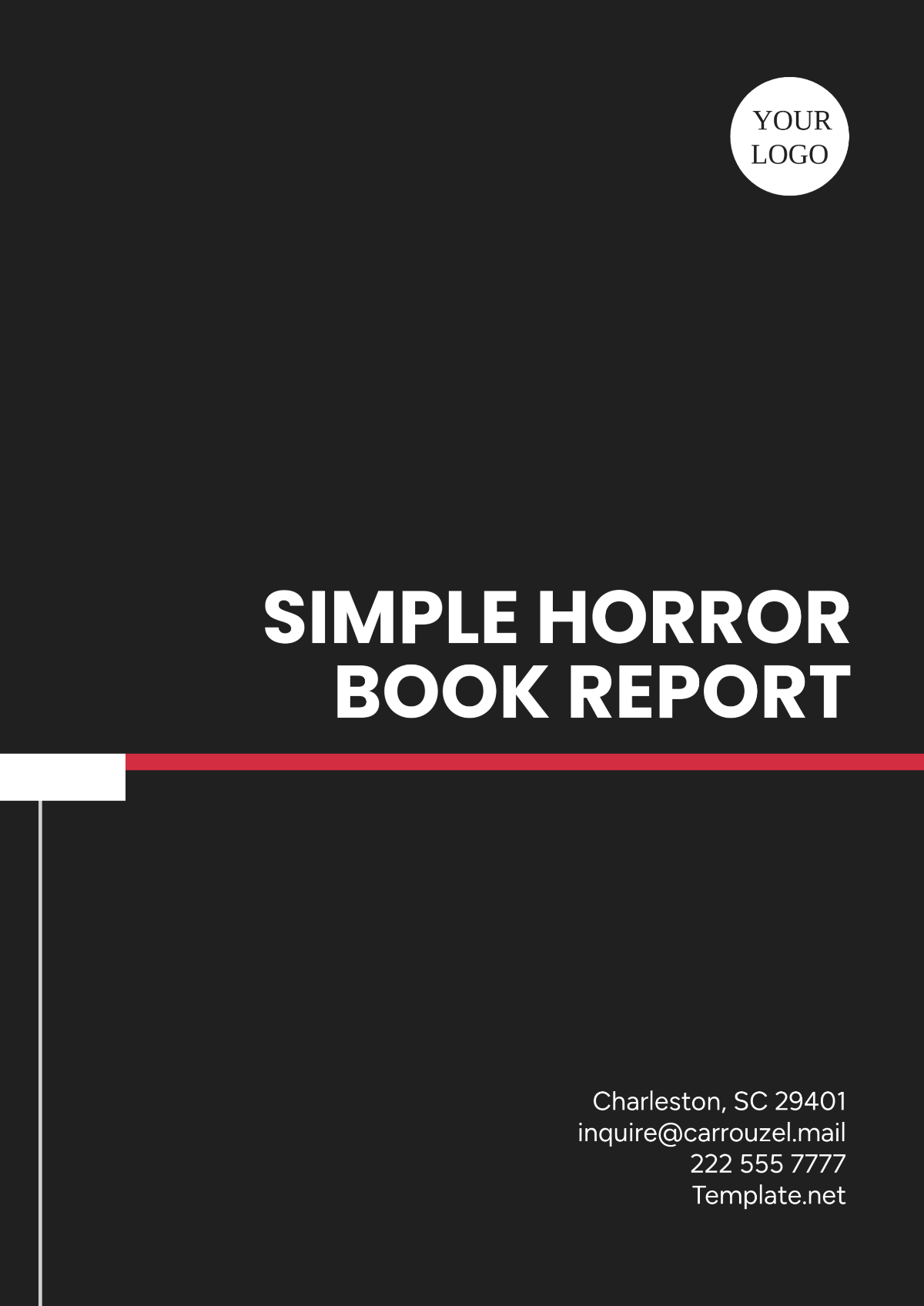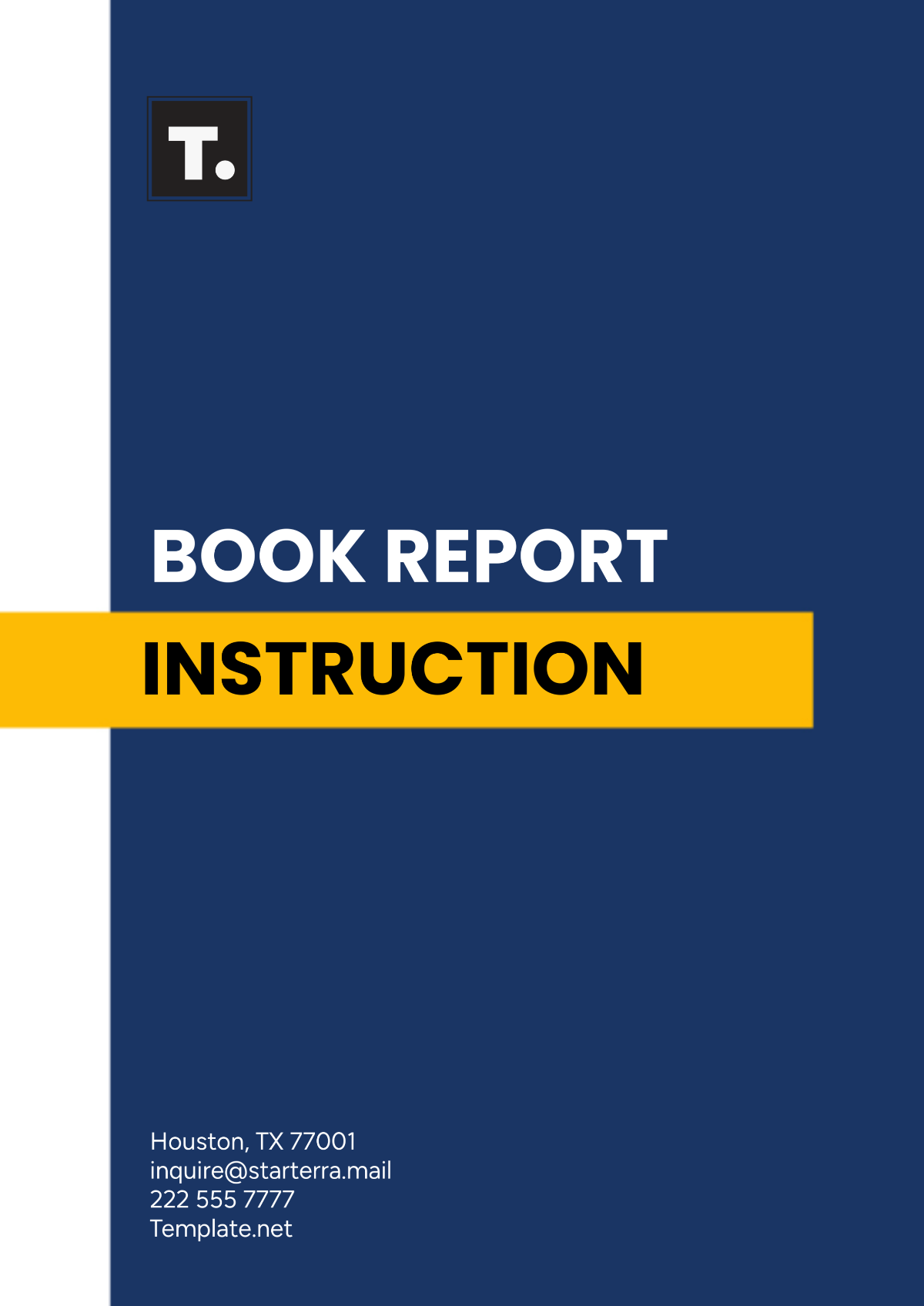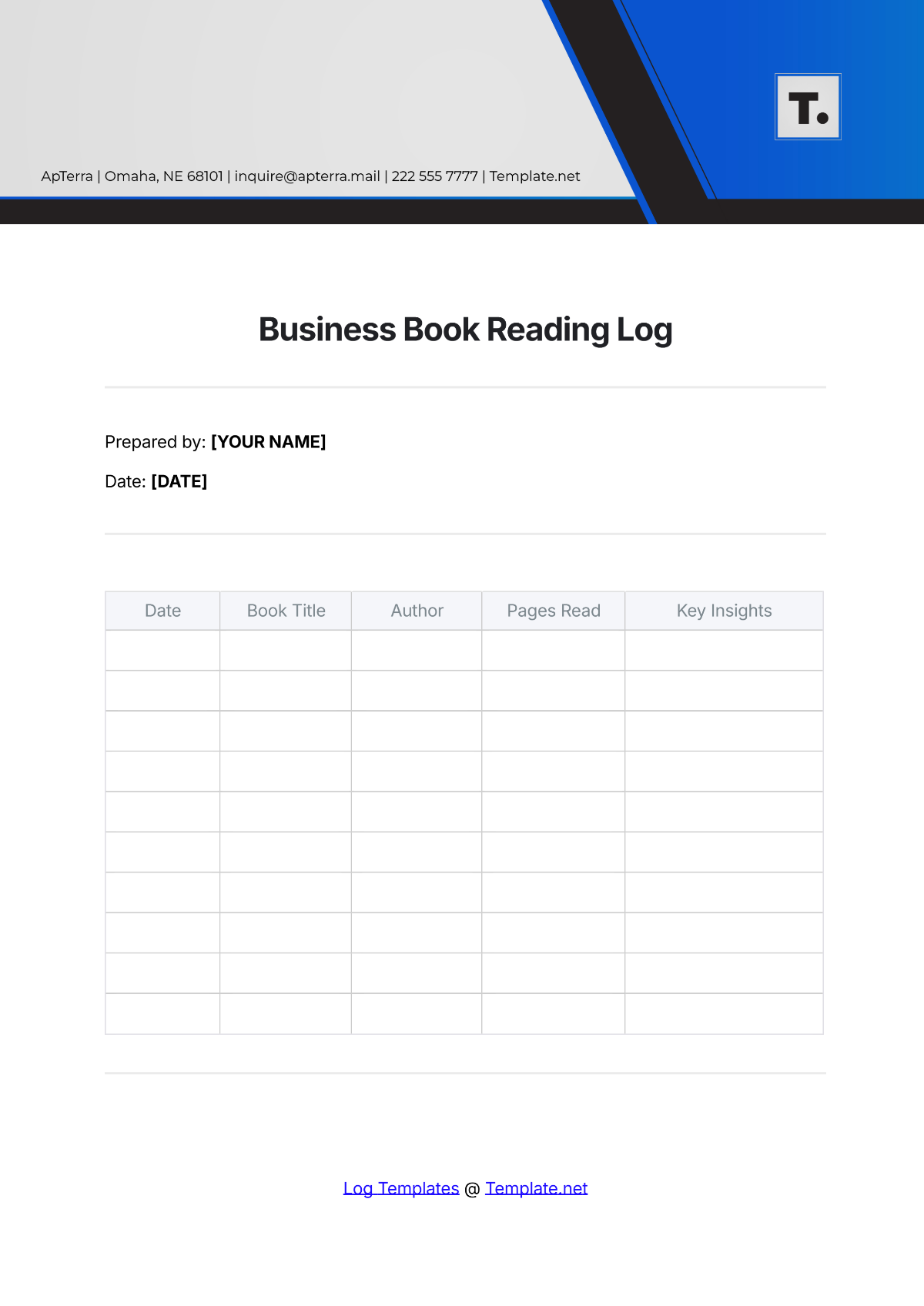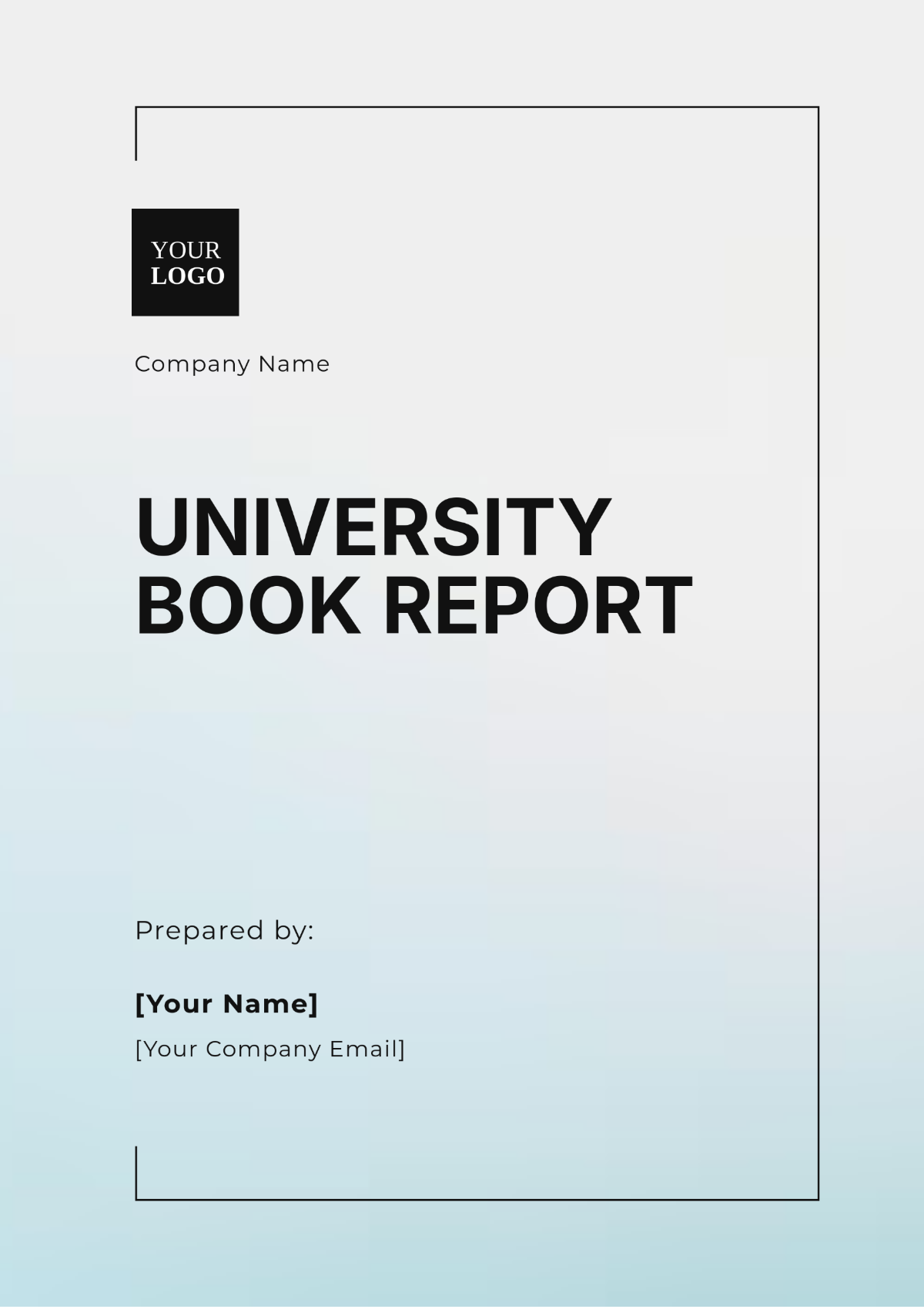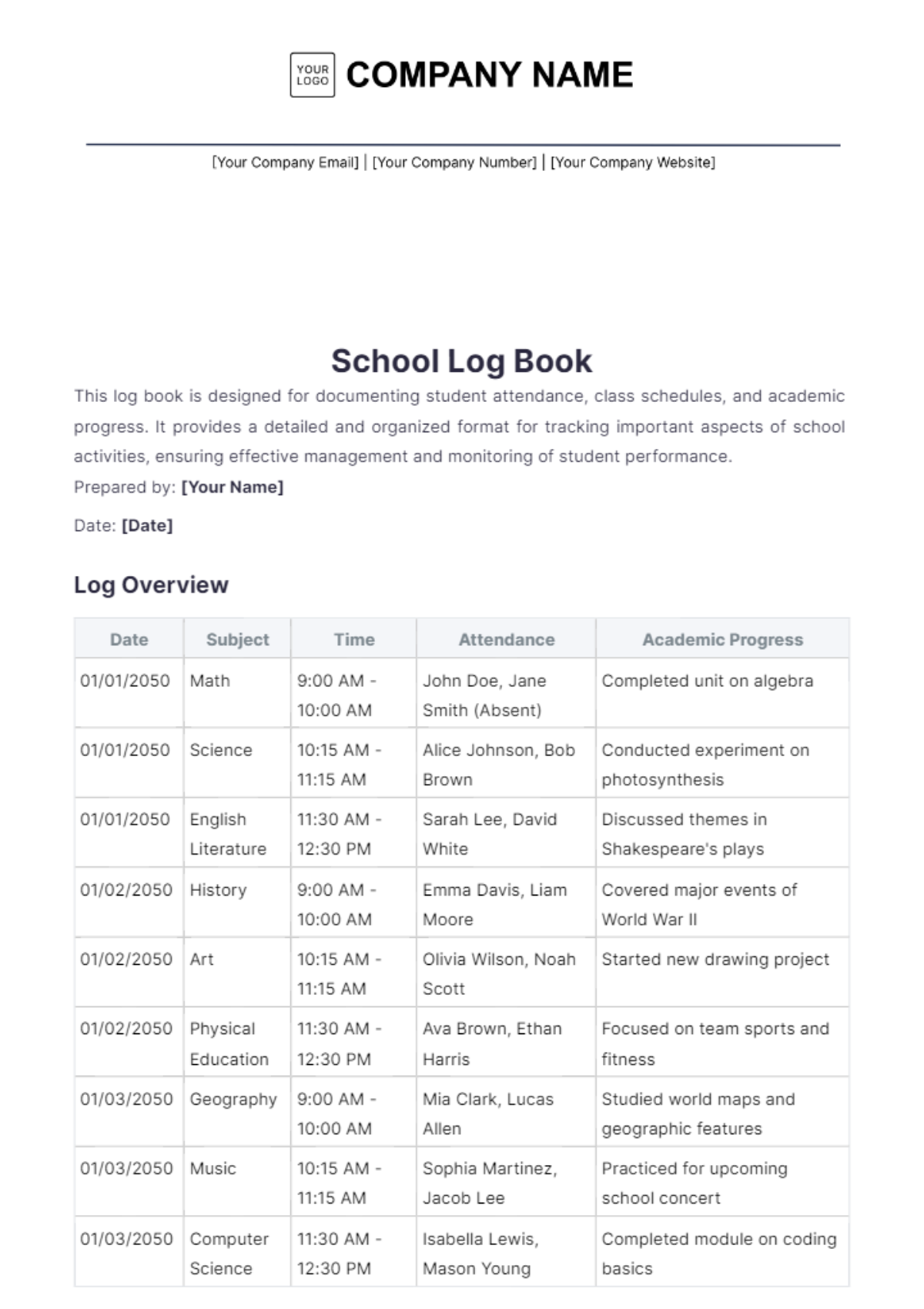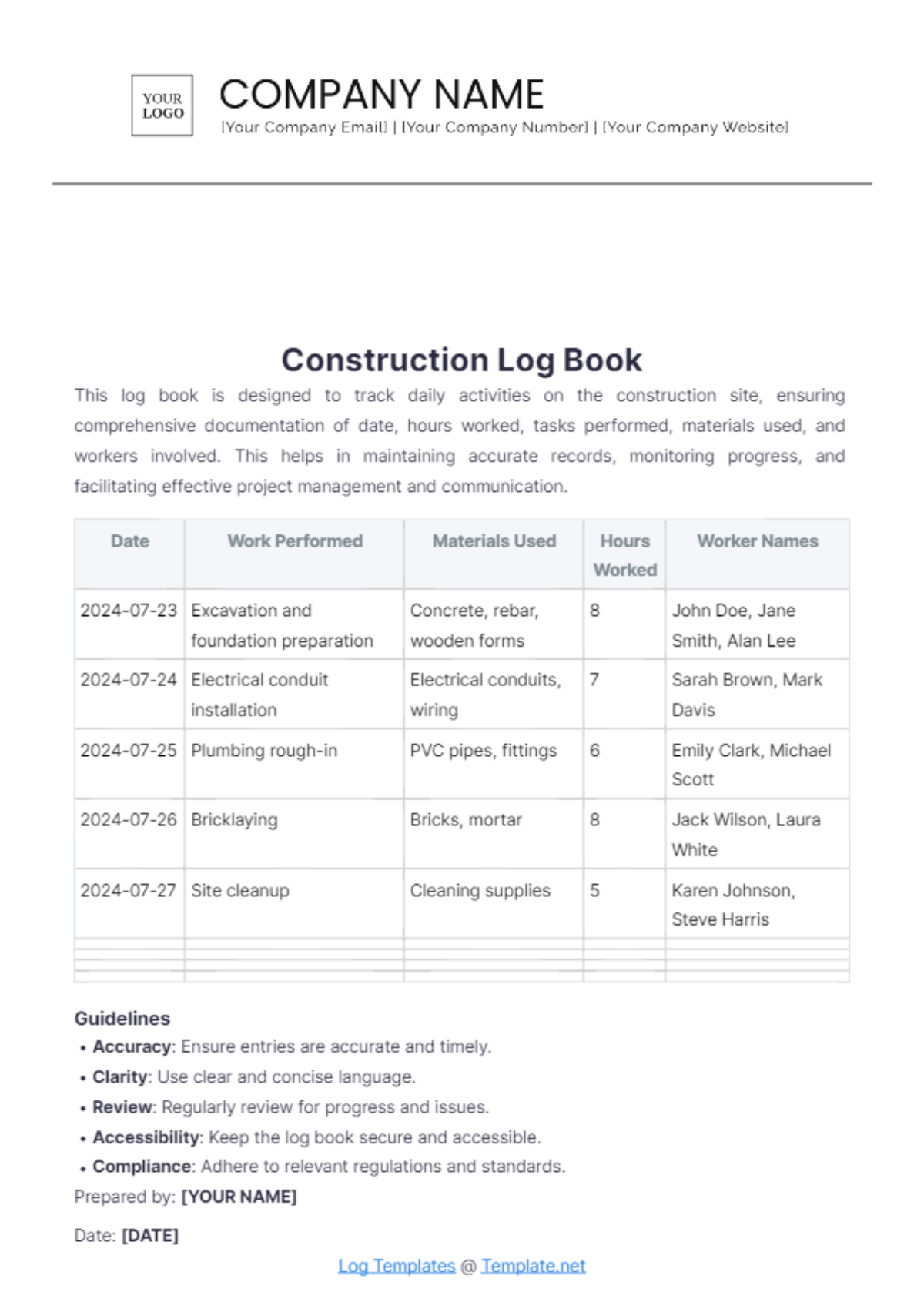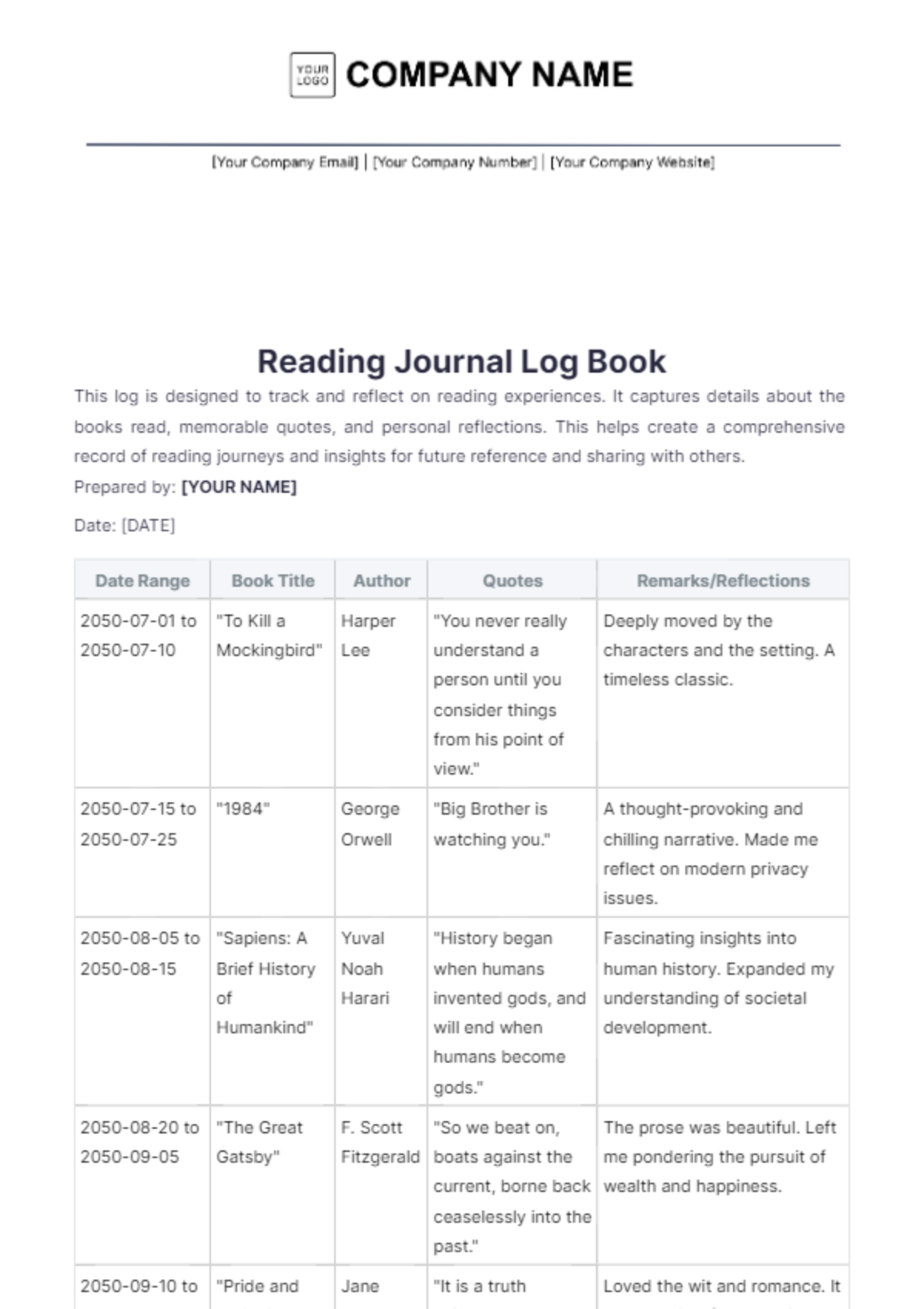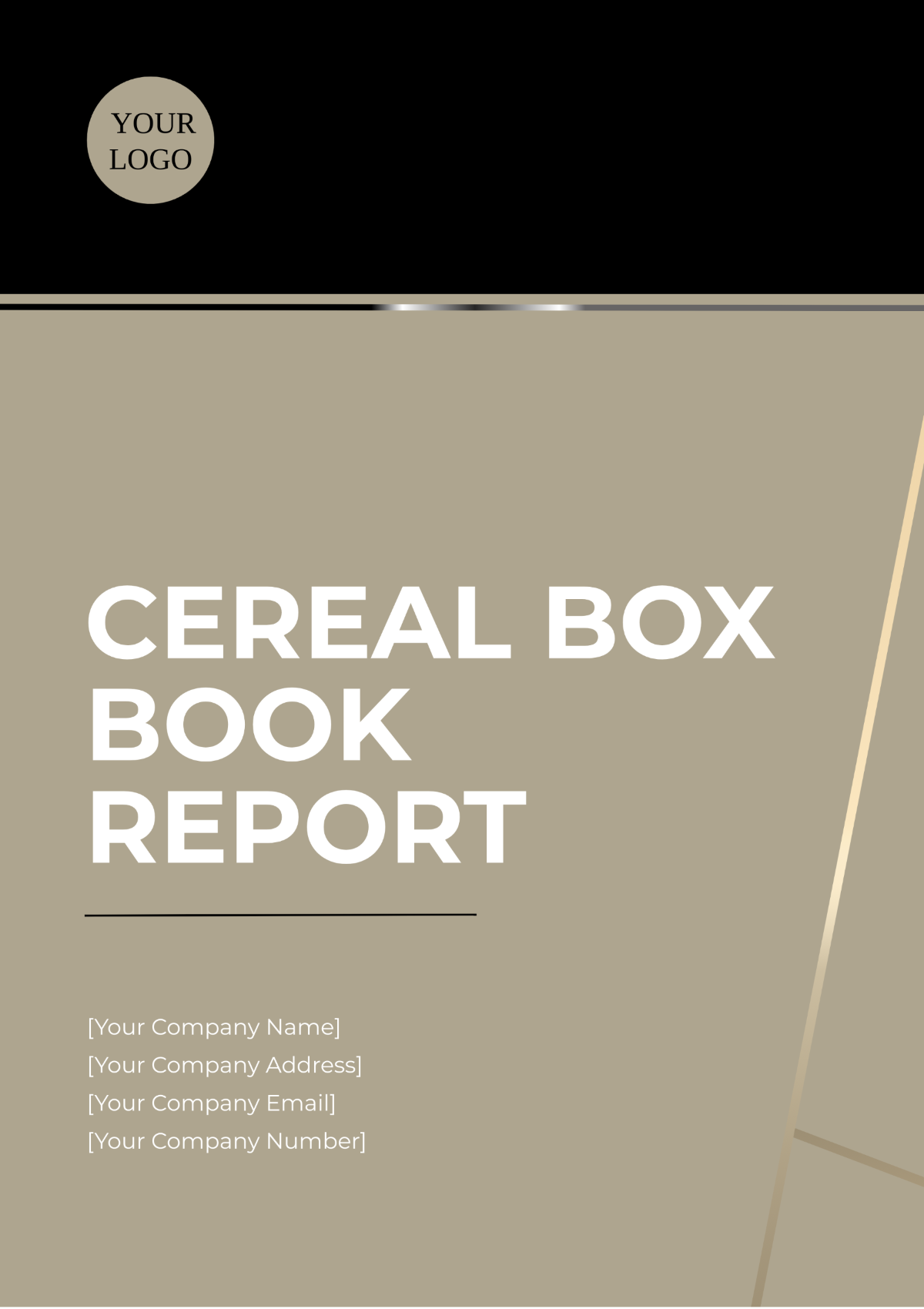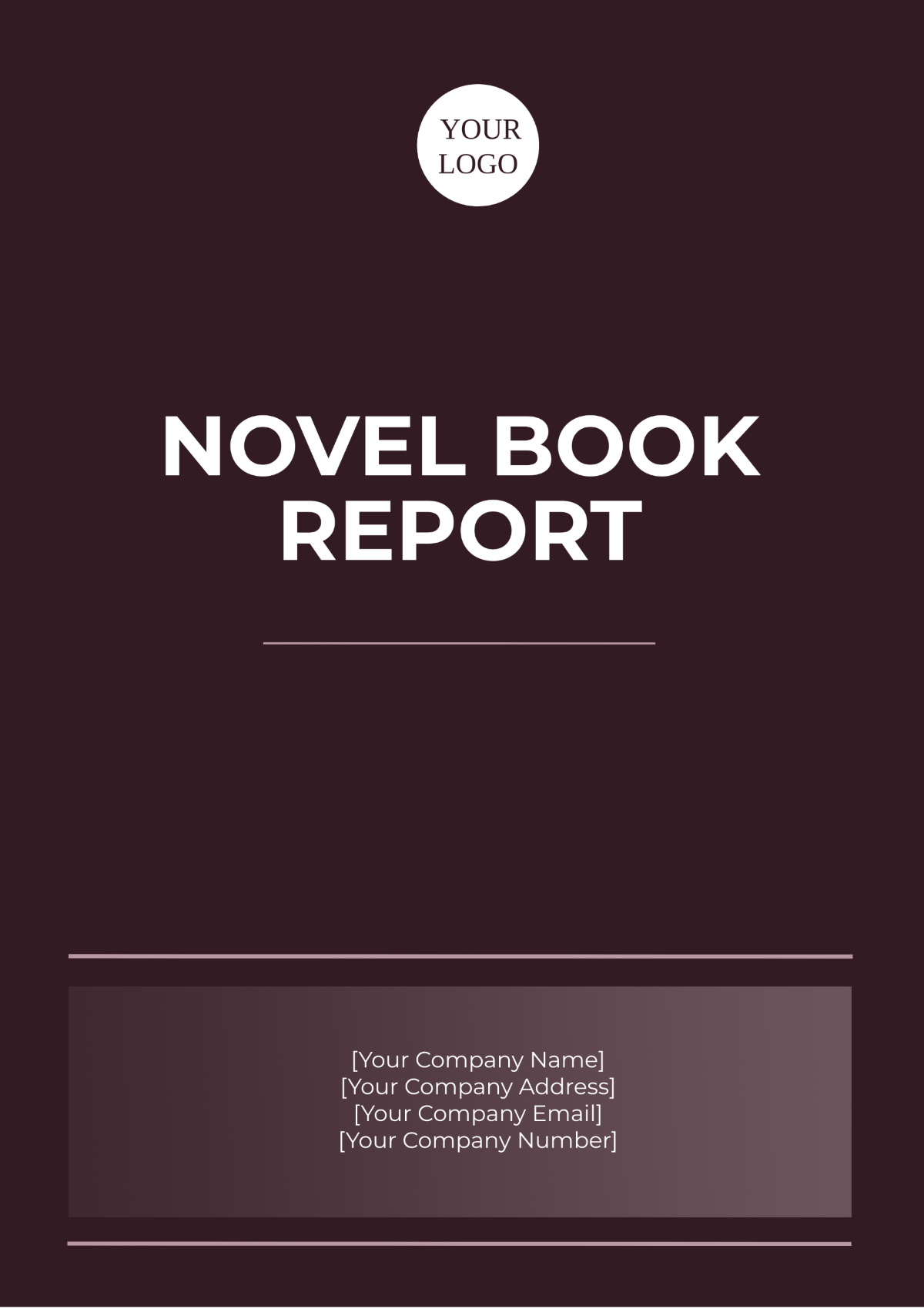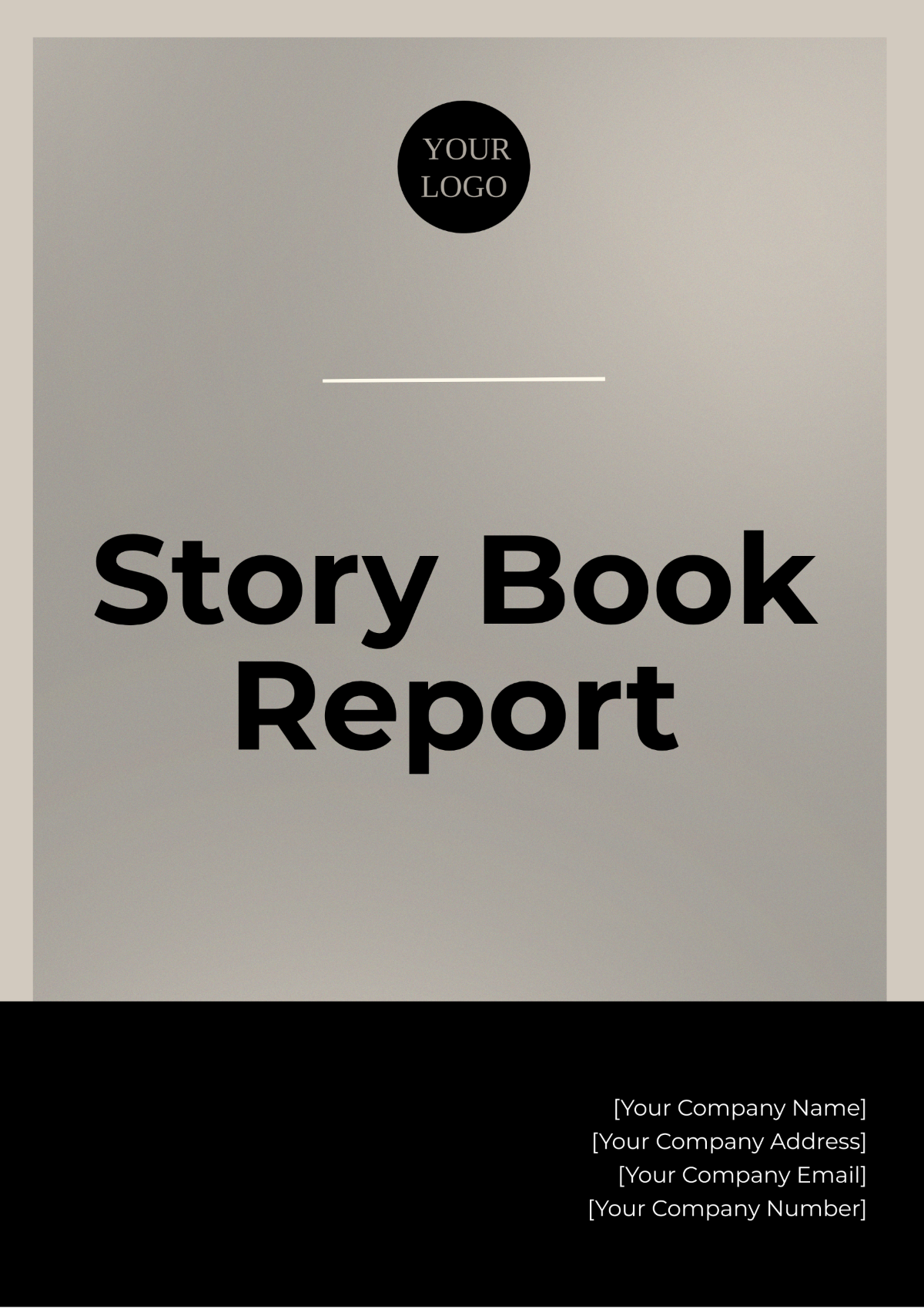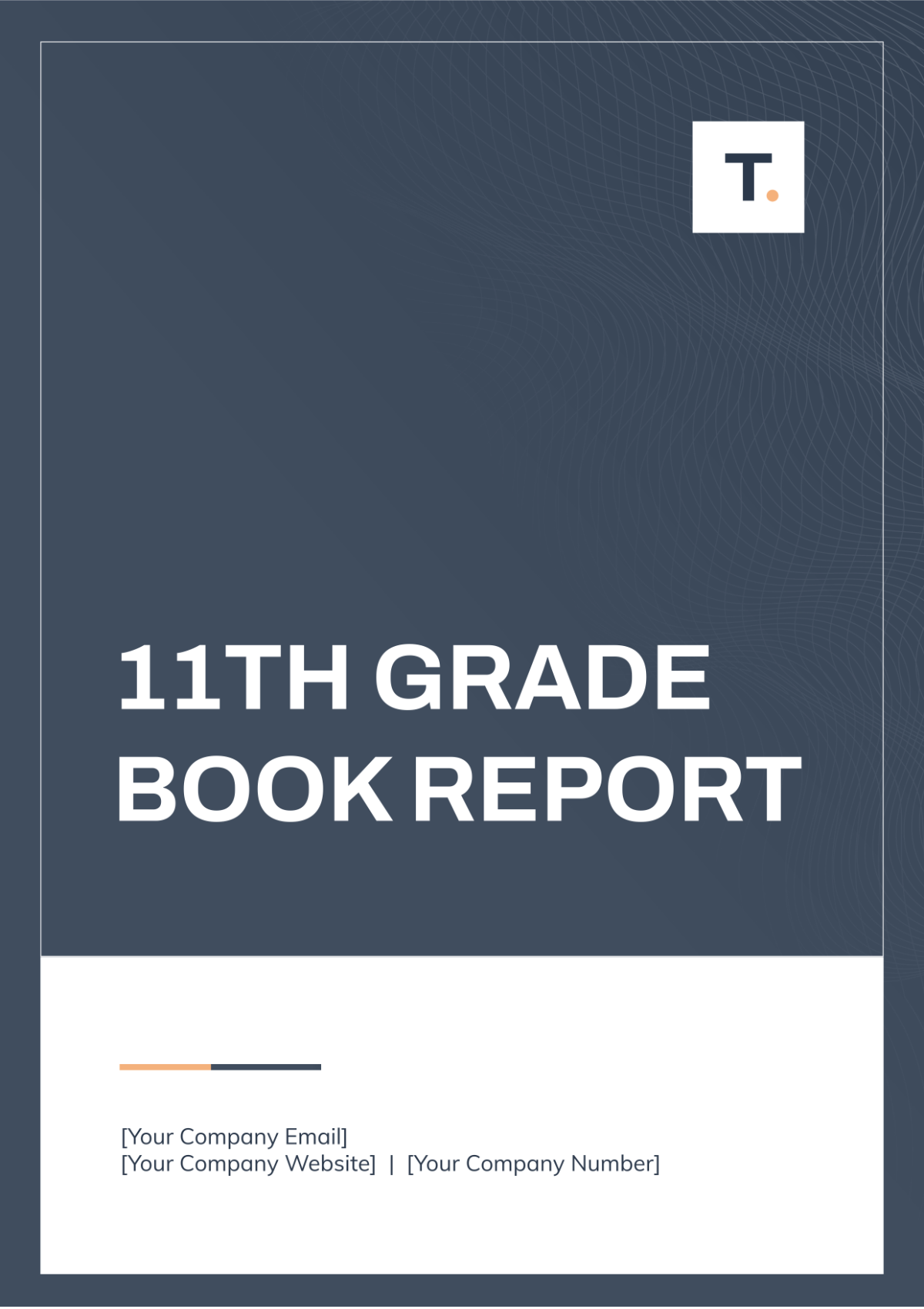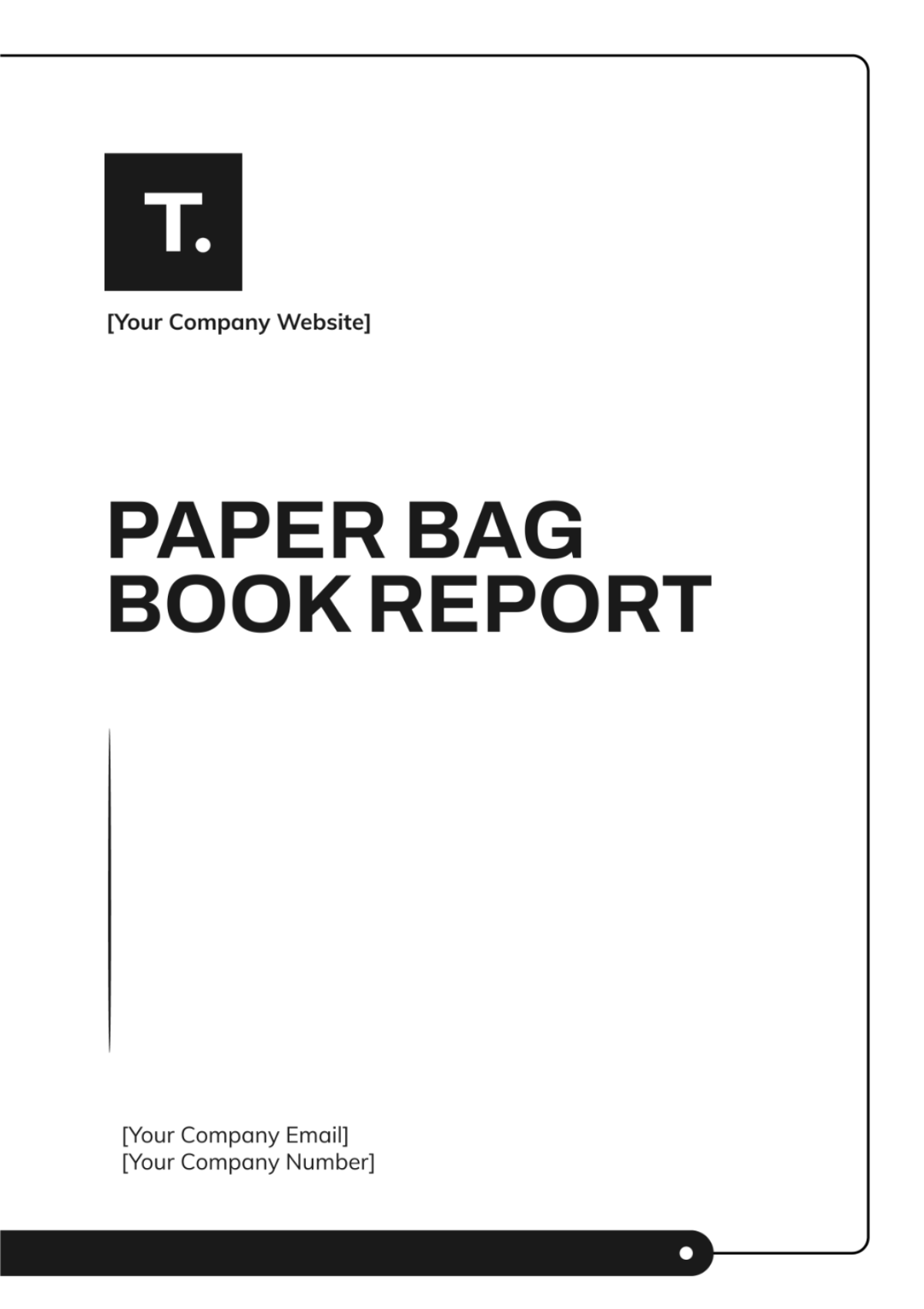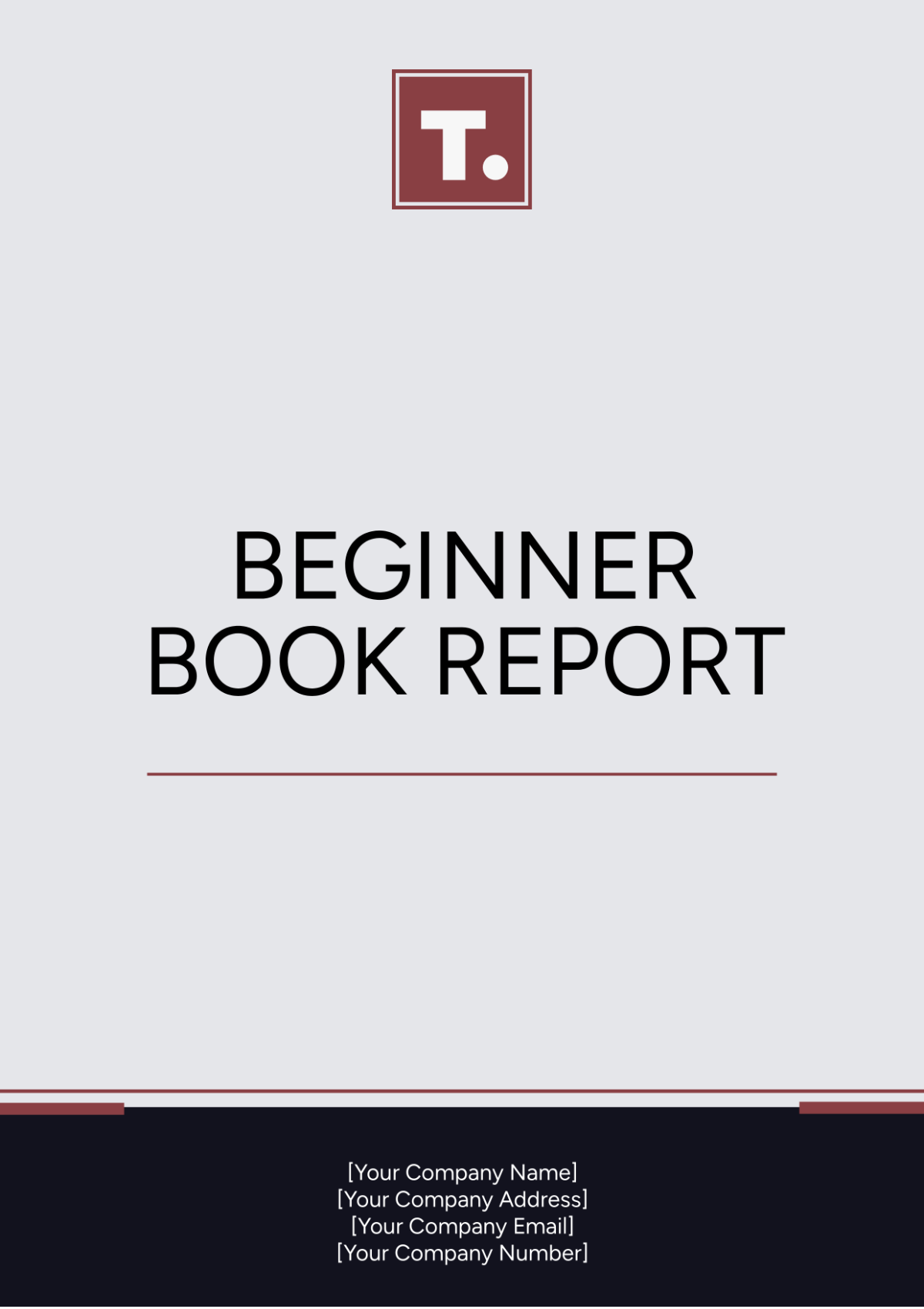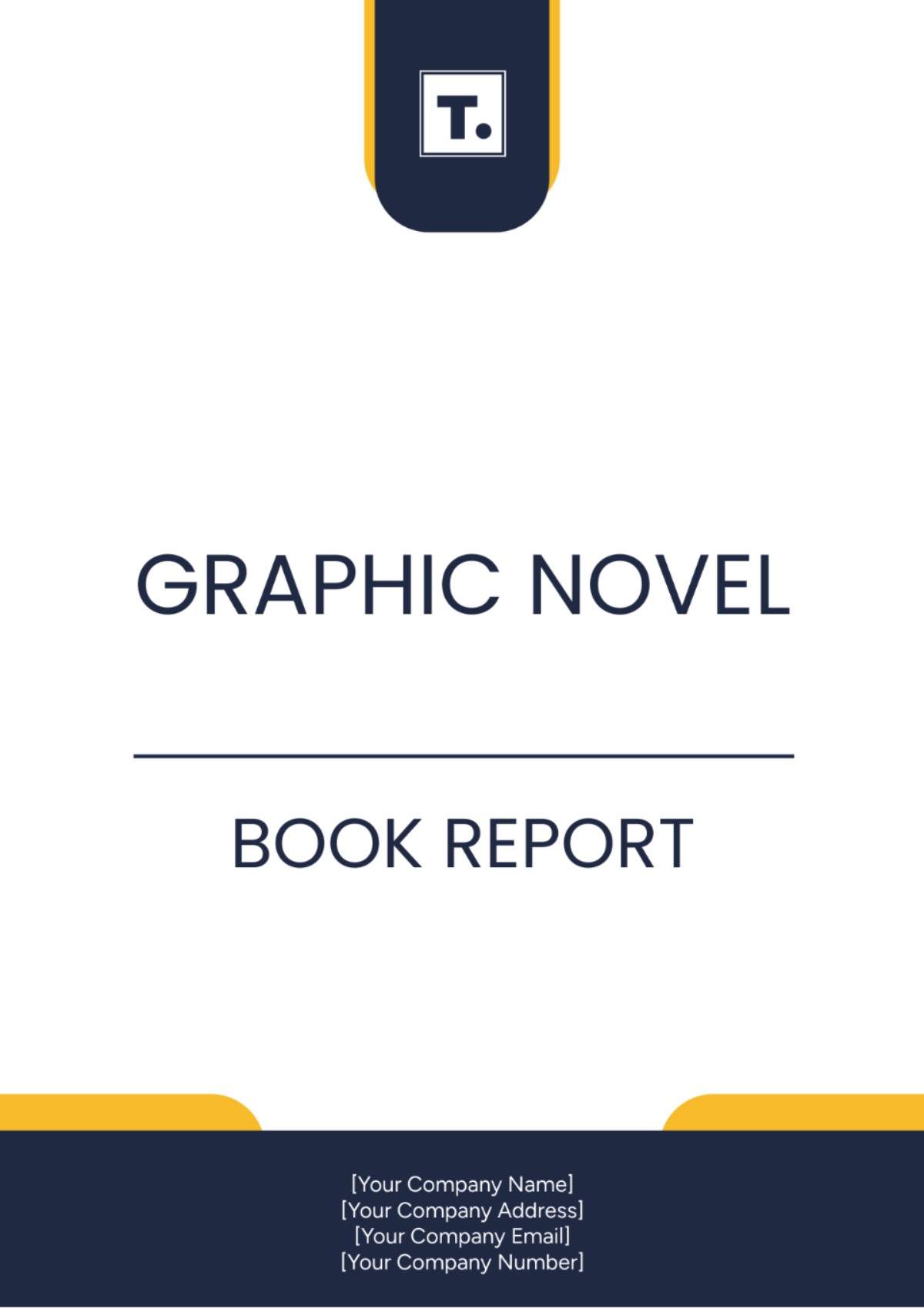Theology Book Report Design
Prepared by:
[YOUR NAME]
[YOUR COMPANY NAME]
Introduction
The field of theology encompasses the study of religious belief, practice, and spirituality. A theology book report is an analytical document that explores the themes, arguments, and insights provided by theological texts. This report aims to guide readers through the process of analyzing and reporting on such texts, ensuring a comprehensive and coherent approach.
Purpose and Scope
The purpose of this theology book report design is to assist students, researchers, and enthusiasts in effectively evaluating theological texts. This report covers essential elements, including themes, historical context, theological arguments, personal reflections, and critical evaluations.
Target Audience
Theology Students
Religious Scholars
Spiritual Seekers
Interdisciplinary Researchers
Report Structure
1. Title and Author Information
The first section of the book report should include the title of the book and the author's name. Provide a brief biography of the author, highlighting their contributions to theology and any notable works they have published.
2. Summary of the Book
Summarize the main content of the book, focusing on the introduction and the key themes discussed. Divide the summary into relevant subtopics or chapters to provide a clearer understanding of the book's structure and content.
3. Historical and Cultural Context
Provide an analysis of the historical and cultural background within which the book was written. This includes exploring the socio-political environment and religious climate of the time, which may have influenced the author's perspective and the book's content.
4. Theological Themes
Identify and discuss the major theological themes presented in the book. This might include discussions on spirituality, morality, the nature of God, eschatology, or ethics. Provide detailed explanations of how these themes are expressed and their significance within the wider theological discourse.
5. Author's Argument and Perspective
Analyze the central arguments put forth by the author. Include discussions on the author's theological perspective, any biases or unique viewpoints, and the methods used to convey these arguments. Provide text excerpts or references to support your analysis.
6. Personal Reflection
Encourage the reader to reflect on their reactions to the book. Include questions such as: How has this book influenced your understanding of theology? Did any specific sections resonate with you? How do these insights apply to contemporary theological issues?
7. Critical Evaluation
Offer a critical assessment of the book. Discuss its strengths, such as clear arguments, logical structure, and insightful analysis. Also, address any weaknesses, such as lack of supporting evidence, biased views, or unclear arguments. Support your evaluation with text references and scholarly critiques, if available.
8. Conclusion
Summarize the key points discussed in the report. Highlight the book's overall contribution to the field of theology and its potential impact on future theological studies or debates.
References and Further Reading
Include a list of references that were cited throughout the report. Additionally, suggest further reading materials for readers interested in exploring similar themes or topics in theology.
By following this structured approach, individuals can create comprehensive, insightful, and engaging theology book reports that facilitate greater understanding and appreciation for theological texts.
